Low porosity hair is characterized by very tight cuticles. Its dense structure acts as a barrier, preventing hair products from properly penetrating the hair fiber.
As a result, they tend to accumulate on the surface, leading to a greasy appearance and heavy roots. Because they struggle to retain moisture, low porosity hair can also be dry and dull, and take longer to dry.
To prevent product buildup and intensely hydrate this type of hair, it is crucial to use lightweight oils. Here are the ones to include in your beauty routine.
What is hair porosity?
Hair porosity refers to the hair's ability to absorb and retain moisture and hair products. It is determined by the condition of the cuticle, the outer layer of the hair. Porosity can be influenced by genetics, chemical treatments, and environmental factors. There are three types of porosity:
Low Porosity
The cuticles are very tight, making it difficult to absorb moisture and products. Roots become greasy quickly due to product buildup, while the lengths are dehydrated and dull.
Medium Porosity
The cuticles are slightly open, allowing adequate absorption and retention of moisture. This is the ideal type of porosity!
High Porosity
The cuticles are very open or damaged, allowing rapid absorption of moisture but also rapid evaporation. The hair becomes dry and brittle.
How to determine your porosity?
There is a very simple test to determine your porosity. Take a clean, dry hair and place it in a glass of water:
- If it floats on the surface, you have low porosity.
- If it sinks slowly and stays in the middle of the glass, you have medium porosity.
- If it sinks instantly to the bottom of the glass, you have high porosity.
How the Right Oils Can Benefit Low Porosity Hair?
Oils rich in saturated and monounsaturated fatty acids penetrate well into the hair fiber, which grows from hair follicles anchored in our scalp.
This hydrates the hair without weighing it down and promotes a new healthy growth cycle. When used regularly, these oils act as anti-breakage treatments, strengthening the hair from within.
Intensely hydrated, they shine with health. But it's essential to choose the right oils and complement them with the best anti frizz products for optimal results!
Top 10 Best Oils for Low Porosity Hair
1. Jojoba Oil: Best for Low Porosity Hair
- Criteria #1: Its biochemical composition is similar to the sebum naturally produced by the scalp, making this lightweight oil easily absorbable by the hair fiber.
- Criteria #2: Rich in omega-9 fatty acids and nutrients, it seals the hair cuticles, trapping moisture and hair products.
- Criteria #3: It contains a light UV filter.
CHÉRIBÉ Chébé Complex Growth Oil is composed of 99% natural ingredients, including jojoba oil.
Its dry texture is quickly absorbed by the hair fiber, strengthening and adding shine to low porosity hair.
Shop CHÉRIBÉ Chébé Complex Growth Oil
2. Rosemary Oil
- Criteria #1: It nourishes hair follicles with oxygen and nutrients, improving blood circulation in the scalp and stimulating hair growth.
- Criteria #2: Rich in glycolic acid, carnosic acid, and flavonoids, it strengthens the hair fiber, prevents breakage, and restores shine to hair.
- Criteria #3: The saponins it contains have anti-inflammatory properties and help prevent certain hair issues, such as dandruff. Some also claim rosemary oil as a preventive solution for hair loss.
Shop CHÉRIBÉ Chébé Complex Growth Oil
3. Sea Buckthorn Oil
- Criteria #1: Rich in vitamins A and E, it forms a protective barrier against external aggressions and reduces split ends.
- Criteria #2: Packed with essential fatty acids, it repairs damaged hair and deeply hydrates it. Ideal for edges, weakened baby hairs, and thinning areas.
- Criteria #3: The phytosterols it contains help strengthen the hair fiber and soothe irritated scalp.
Shop CHÉRIBÉ Chébé Complex Growth Oil
4. Baobab Oil
- Criteria #1: Its fortifying properties strengthen hair and prevent breakage-related hair loss.
- Criteria #2: Extremely nourishing, it protects and nourishes dry and dull hair from roots to tips.
- Criteria #3: Emollient and softening, it is perfect for curly and coily hair.
5. Argan Oil
- Criteria #1: It protects hair from external aggressions, especially thermal damage.
- Criteria #2: Rich in fatty acids and antioxidants, it nourishes and repairs dry and damaged hair.
- Criteria #3: Its softening properties are ideal for curly and coily hair.
6. Grape Seed Oil
- Criteria #1: Non-greasy, it easily penetrates the hair fiber. Ideal for fine and dry hair or coily and damaged hair.
- Criteria #2: Rich in linoleic and oleic acids, it deeply nourishes the hair fiber and strengthens its hydrolipidic film.
- Criteria #3: Antioxidant, thanks to vitamin E and polyphenols, it helps fight against free radicals, which cause damaged hair.
7. Coconut Oil
- Criteria #1: It contains a large amount of saturated fatty acids, essential for the health of low porosity hair.
- Criteria #2: It has natural sunscreen.
- Criteria #3: It is commonly used in Monoi, known for replenishing hair with moisture and making it more supple and soft.
8. Apricot Oil
- Criteria #1: It adds shine to dull hair.
- Criteria #2: A great source of trace elements, essential fatty acids, and vitamins, it is extremely nourishing. Ideal for textured hair.
- Criteria #3: Softening and emollient, it is particularly recommended for all types of textured hair.
9. Almond Oil
- Criteria #1: It contains numerous proteins and vitamins that hydrate and enhance the shine of hair.
- Criteria #2: Rich in oleic acid, it nourishes and softens dry and brittle hair by retaining moisture well.
- Criteria #3: Ultra-light and non-greasy, it is ideal for fine hair.
10. Rosehip Oil
- Criteria #1: It contains antioxidants that enhance hydration and repair damaged hair.
- Criteria #2: Rich in fatty acids and provitamin A, it strengthens the hair fiber and protects it from external aggressions.
- Criteria #3: It restores shine to hair and helps eliminate dandruff.
The Worst Oils for Low Hair Porosity (Avoid These!)
If you have low porosity hair, we advise against any oil rich in polyunsaturated fatty acids, which tend to stay on the surface and weigh hair down.
Castor Oil
Very popular because it promotes hair growth, castor oil is to be avoided for low porosity hair as it contains many polyunsaturated fatty acids.
Avocado Oil
Although it has a good ability to penetrate the hair fiber and retain moisture, it can weigh down fine, smooth, low-textured, or low porosity hair.
Olive Oil
Like avocado oil, it is thicker and tends to stay at the roots.
How To Choose the Right Oil For Low Porosity Hair
Method #1: Growth Treatment
Take a few drops of oil, warm them between your hands, and massage the scalp, then spread the product over the lengths. No need to rinse.
Method #2: Oil Bath
Similarly, apply the oil to your scalp and hair, then cover everything with a shower cap or plastic wrap. The heat will help open the cuticles and allow the active ingredients to penetrate.
Leave on for a few hours or overnight before rinsing and shampooing. Once or twice a month, use a clarifying shampoo to remove buildup from the hair.
Other Products That Can Benefit Low Porosity Hair
As a complement, you can complete your hair routine with highly moisturizing products that are just as light as oils, such as a dedicated low porosity hair shampoo and conditioner designed to nourish without buildup.
CHÉBIOTIC™ HYDRATING SHAMPOO
Composed of 97.9% natural ingredients, including argan oil, this hydrating shampoo gently removes impurities with its creamy foam.
It repairs the hair fiber deeply while adding shine. Enriched with Chébé Complex, it provides strength, length, and softness to low porosity hair.
BUY CHÉBIOTIC™ HYDRATING SHAMPOO
DAILY REFRESH MOISTURE MILK
This hair milk refreshes hair lightly. It contains glycerin, which acts as a humectant, sealing moisture into the hair fiber.
Spray on dry or damp hair to detangle knots and add just the right amount of hydration.
SHOP DAILY REFRESH MOISTURE MILK
Conclusion
Dry and brittle, low porosity hair requires special attention due to its tight cuticles that limit the absorption of moisture and hair products.
To seal in hydration, it is essential to opt for oils rich in saturated and monounsaturated fatty acids, which easily penetrate the hair fiber: jojoba, rosemary, or sea buckthorn. But why choose? CHÉRIBÉ Chébé Complex Growth Oil contains all three!
To facilitate the opening of the cuticles, wrap your oiled hair in a warm towel or under a shower cap. The heat will help the active ingredients better penetrate the hair fiber.
Your Wash Day essential could be CHÉRIBÉ CHÉBIOTIC™ HYDRATING SHAMPOO, which will gently remove impurities and deeply repair your hair. Additionally, once or twice a month, use a clarifying shampoo to remove product residues from your hair.
With all this, your low porosity hair will be the happiest!
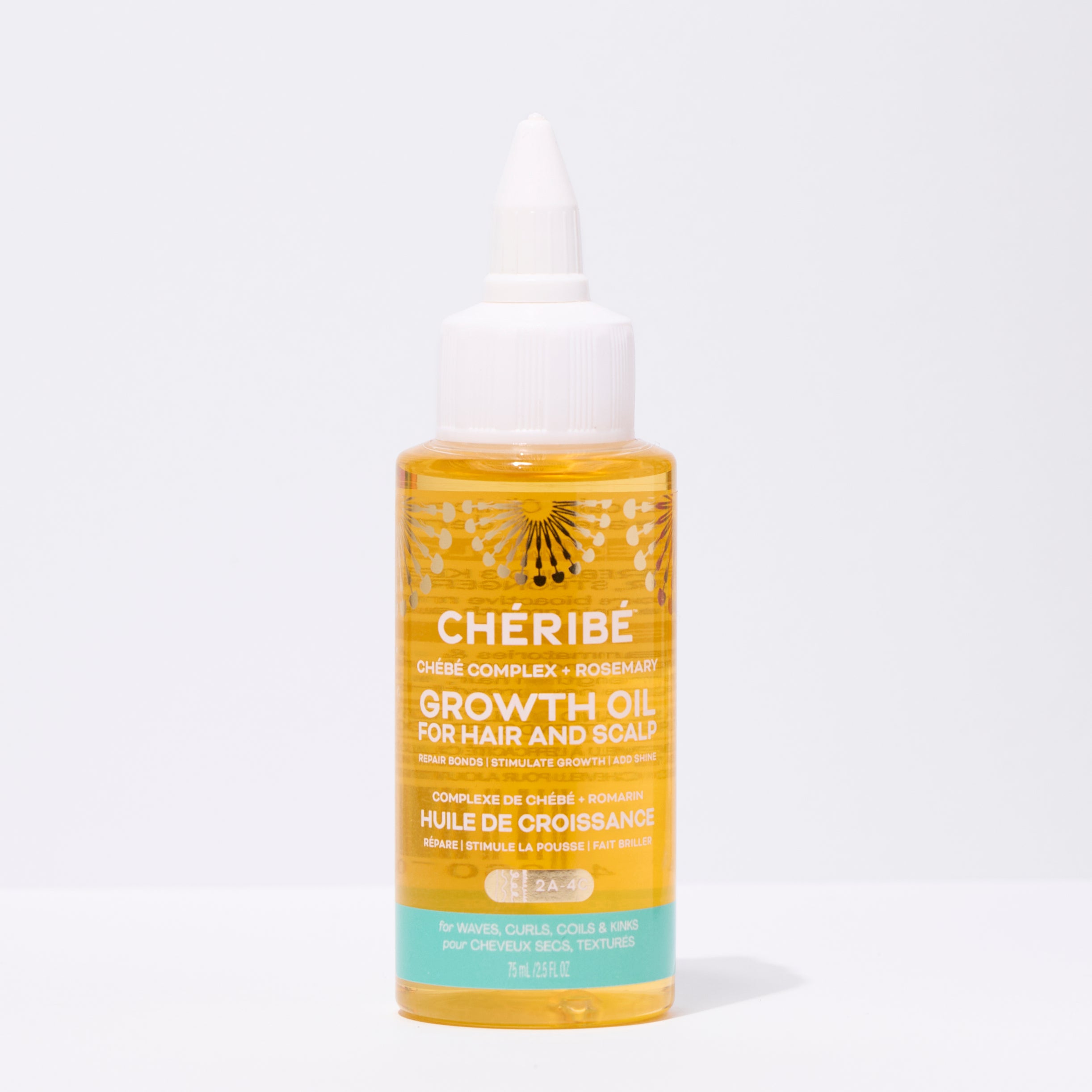
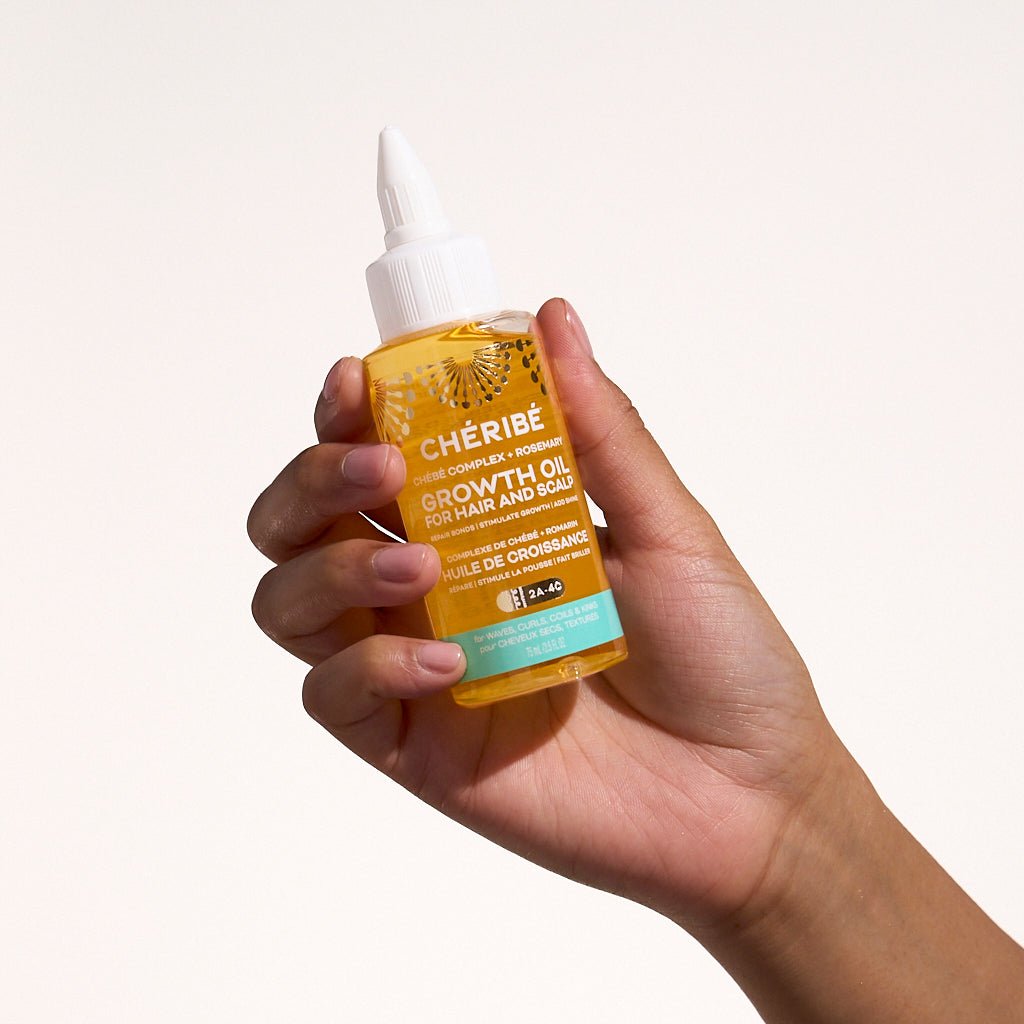
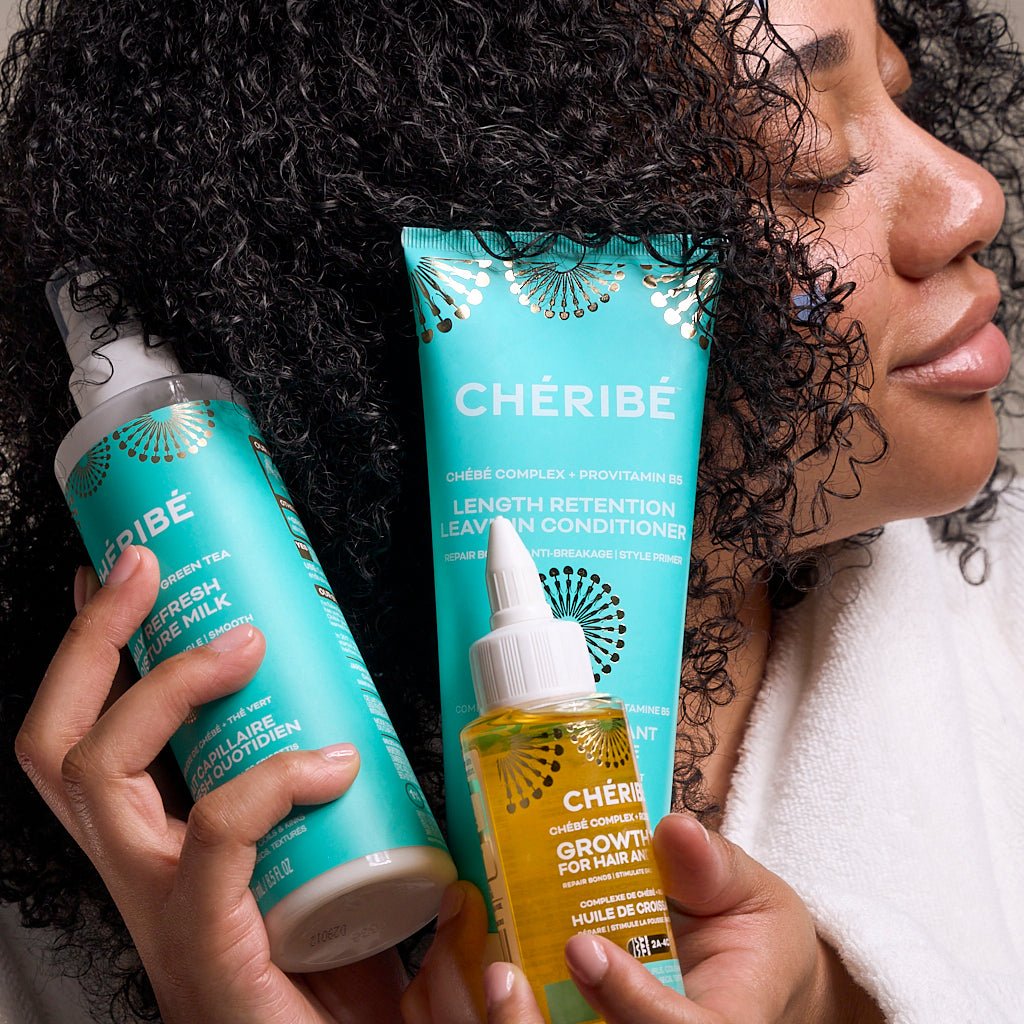
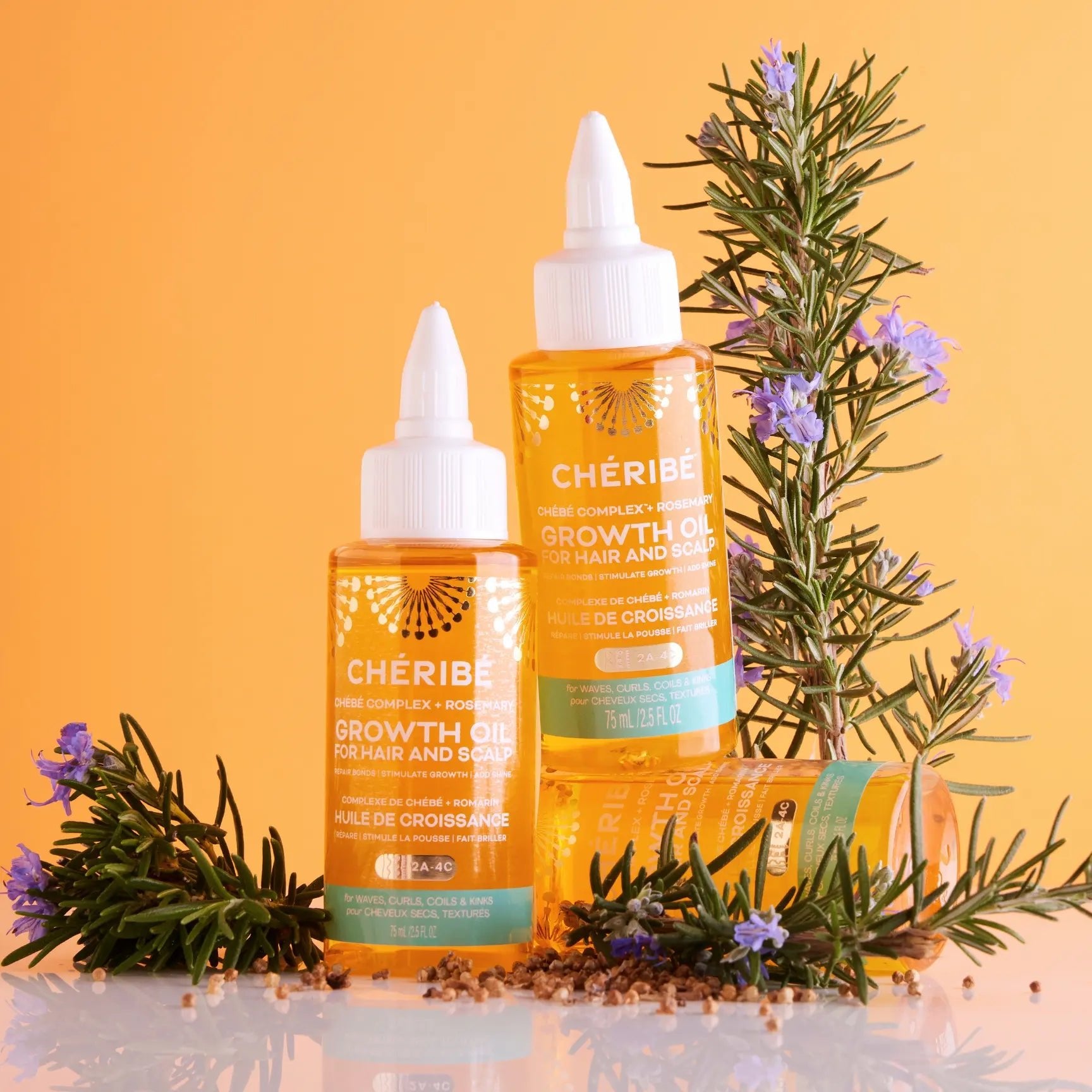
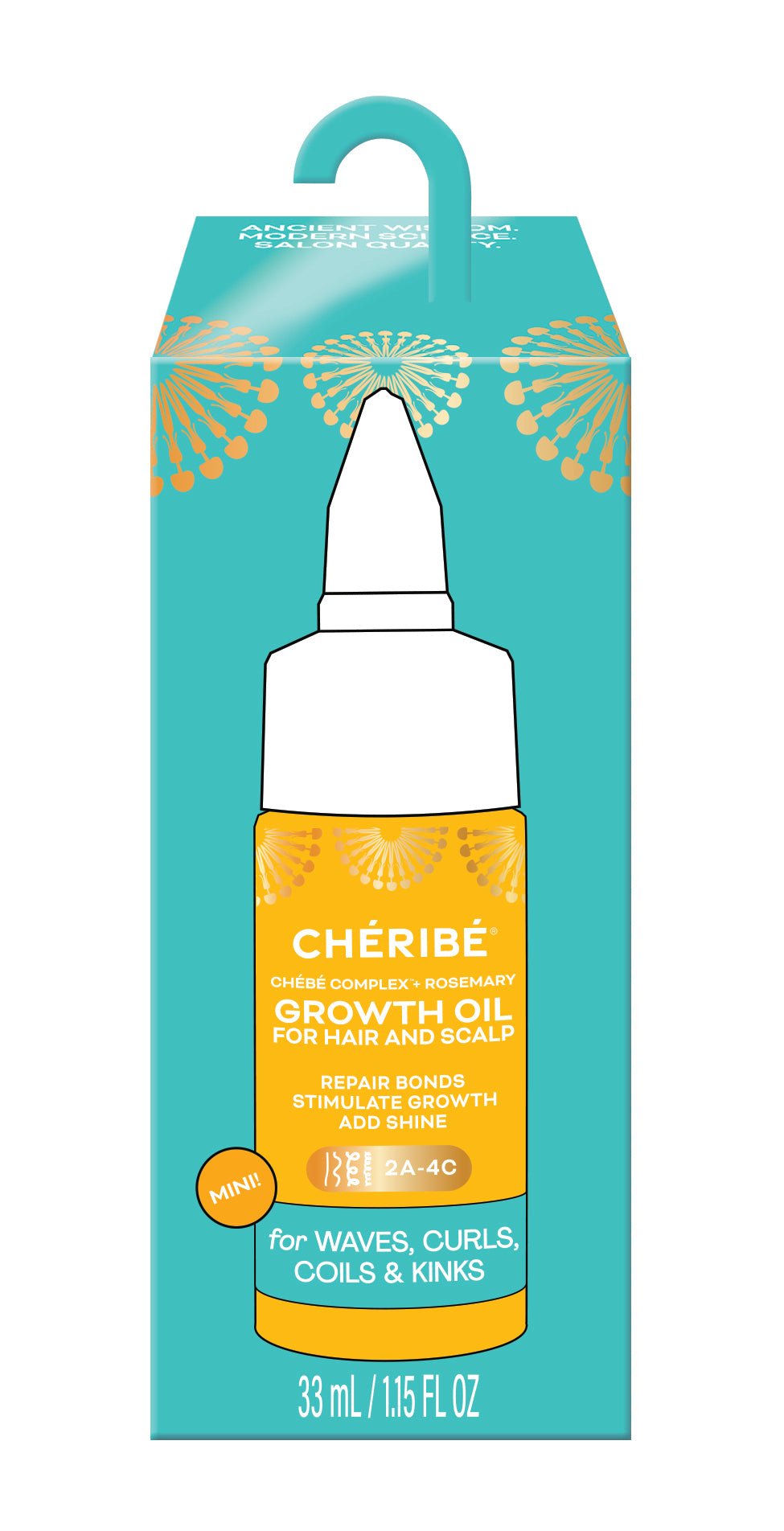
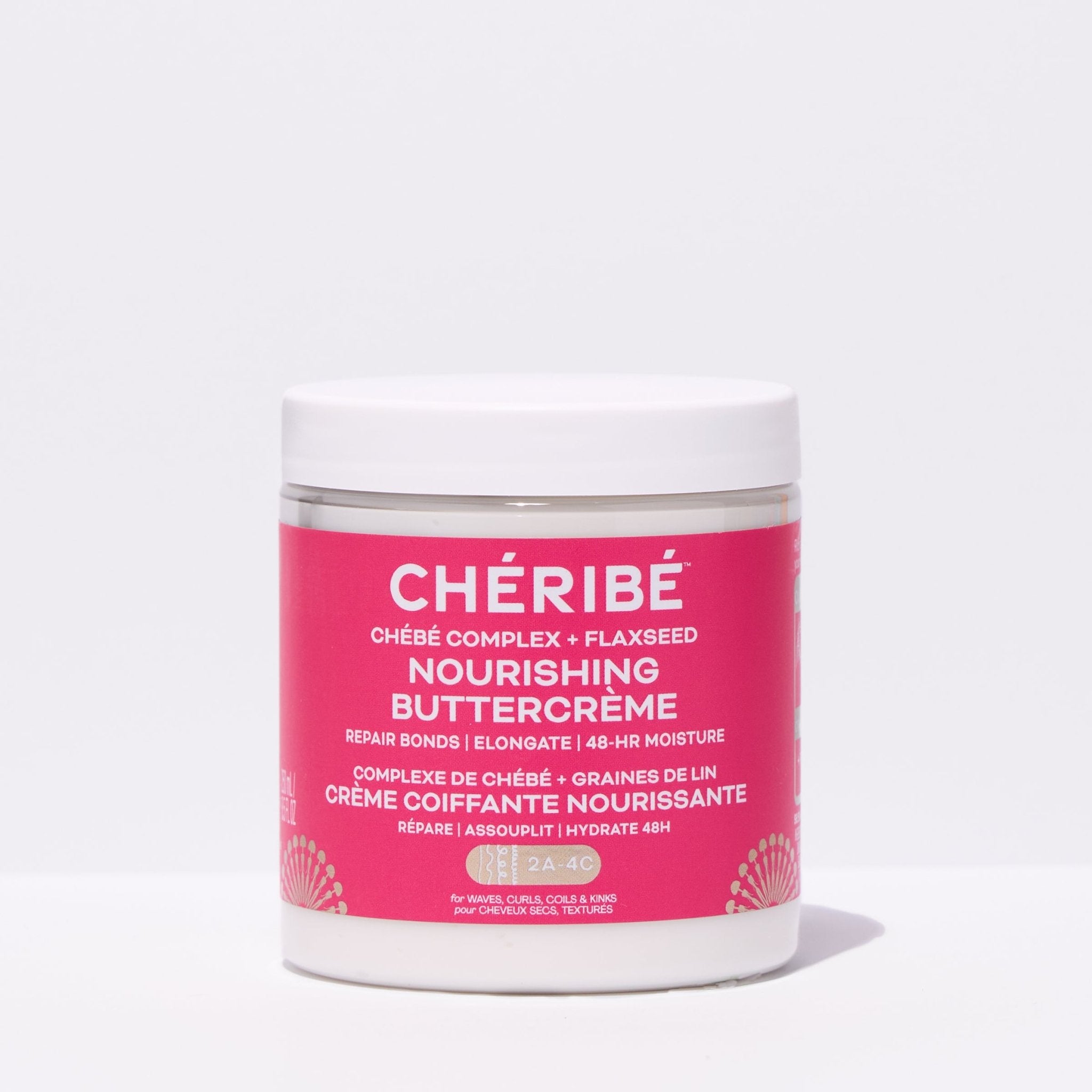
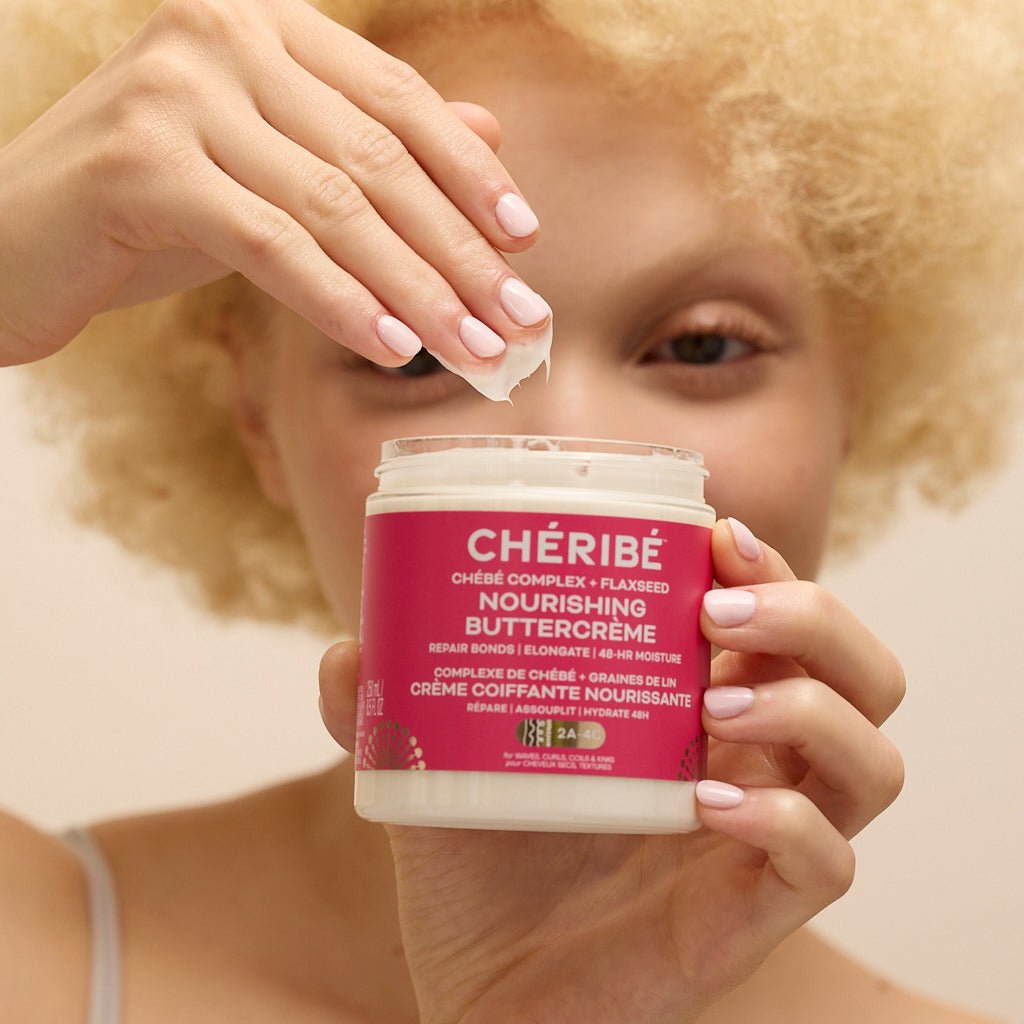
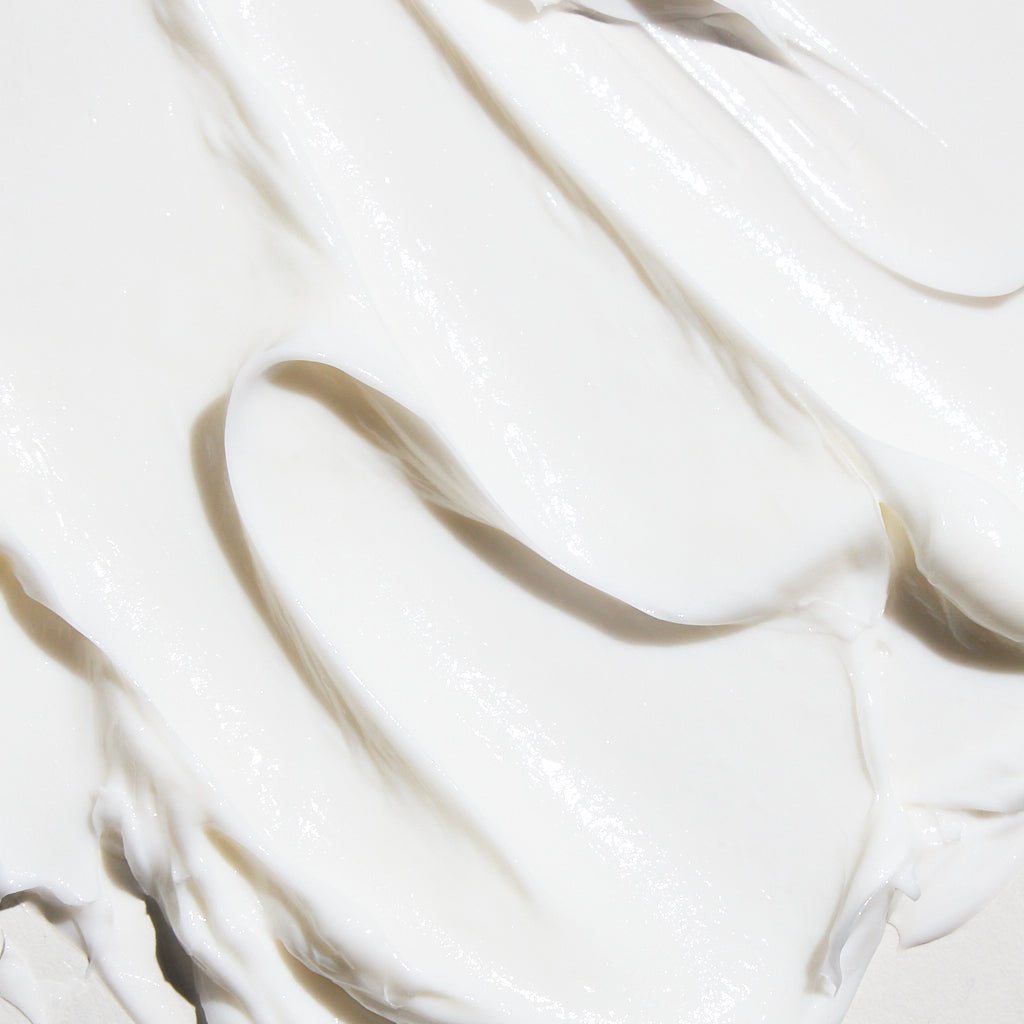
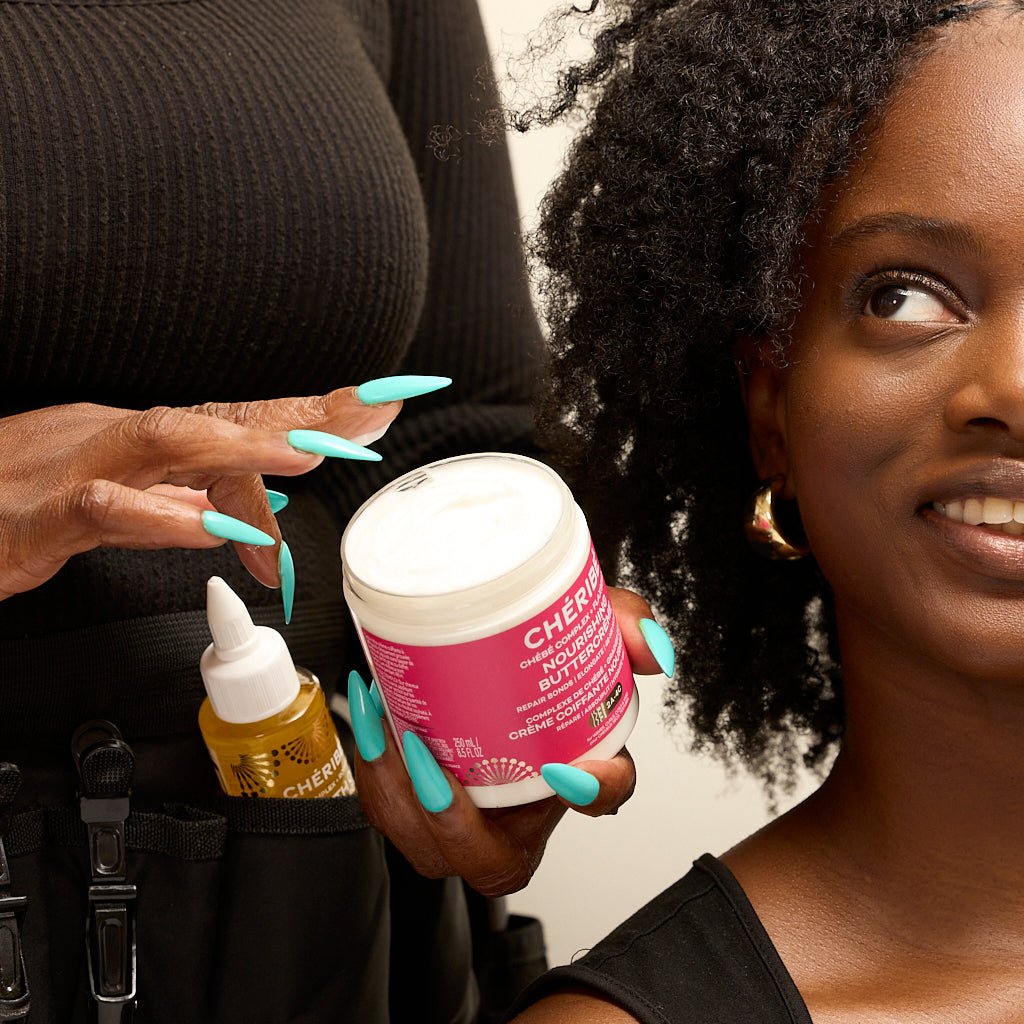
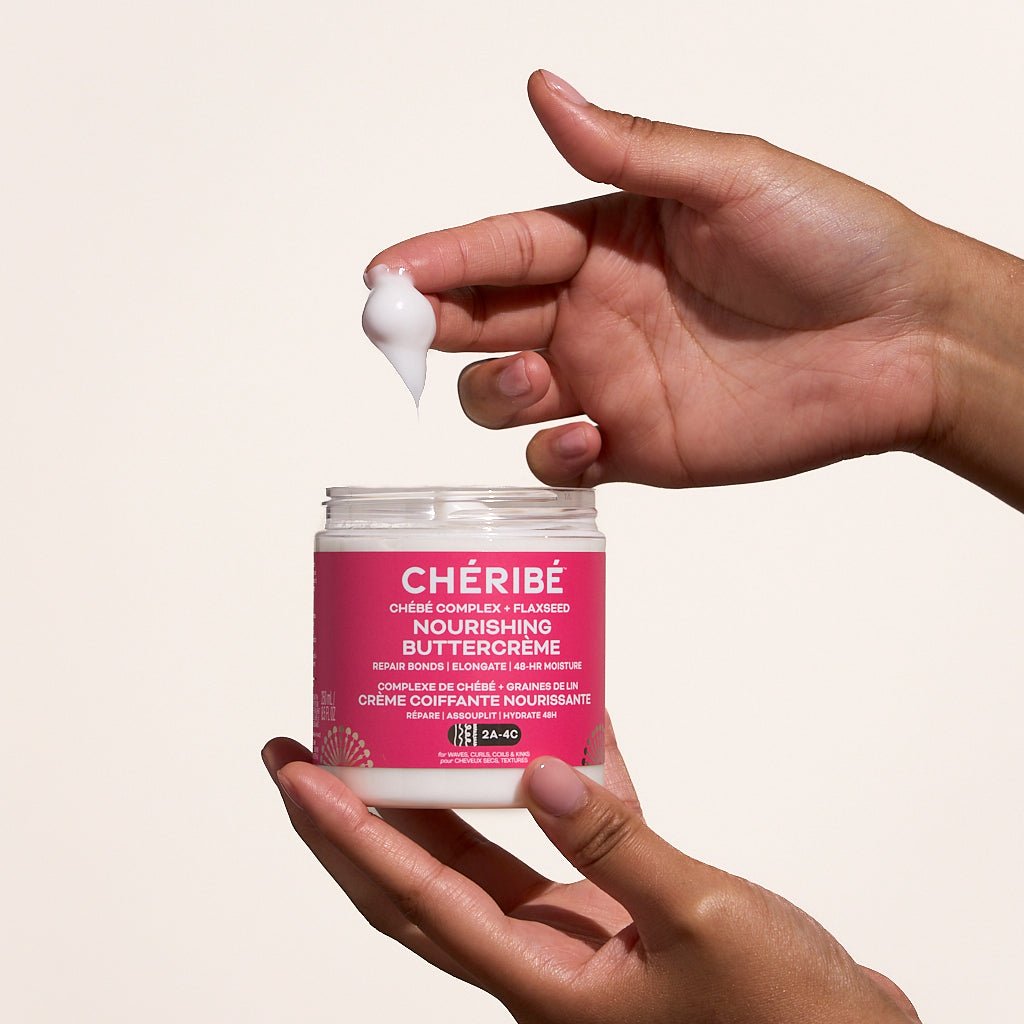
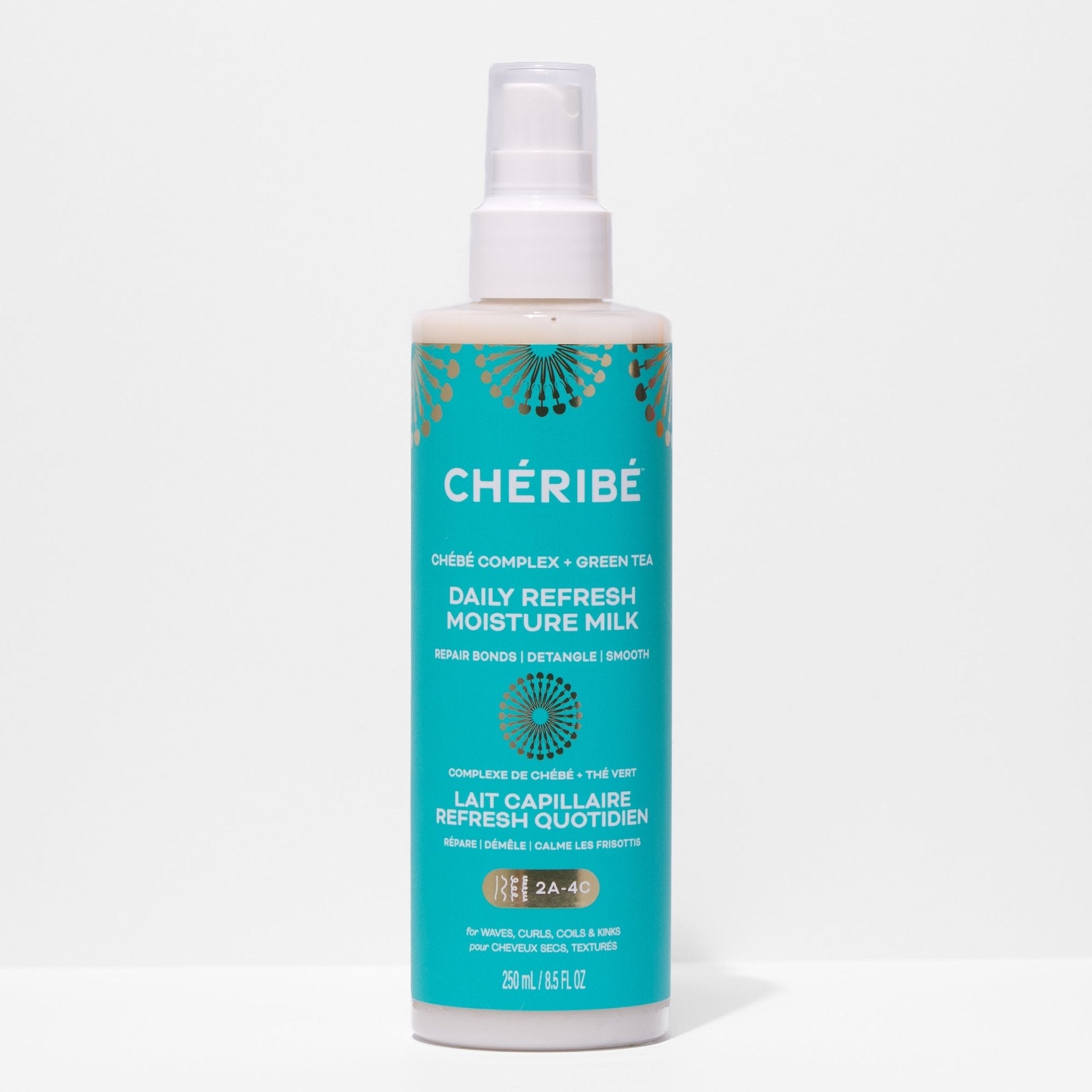
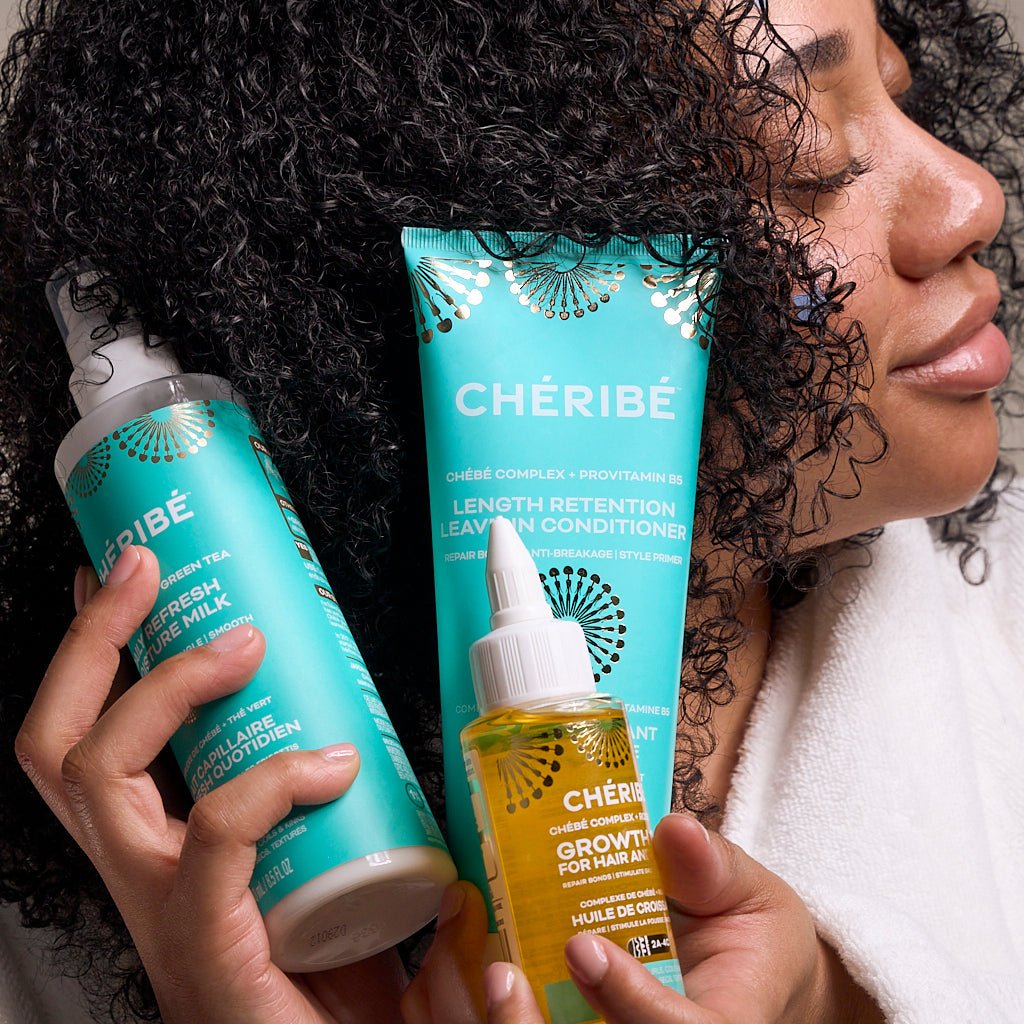
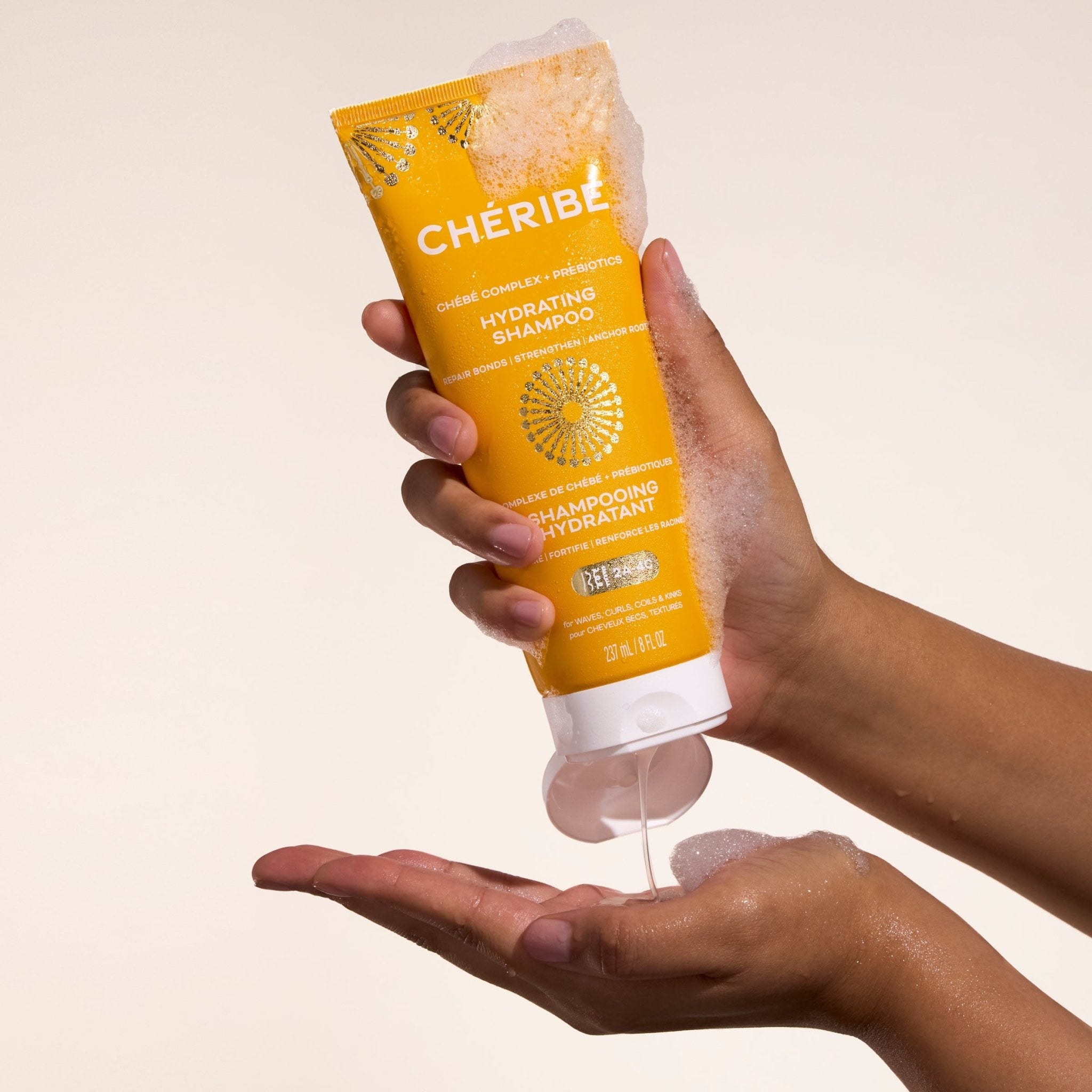
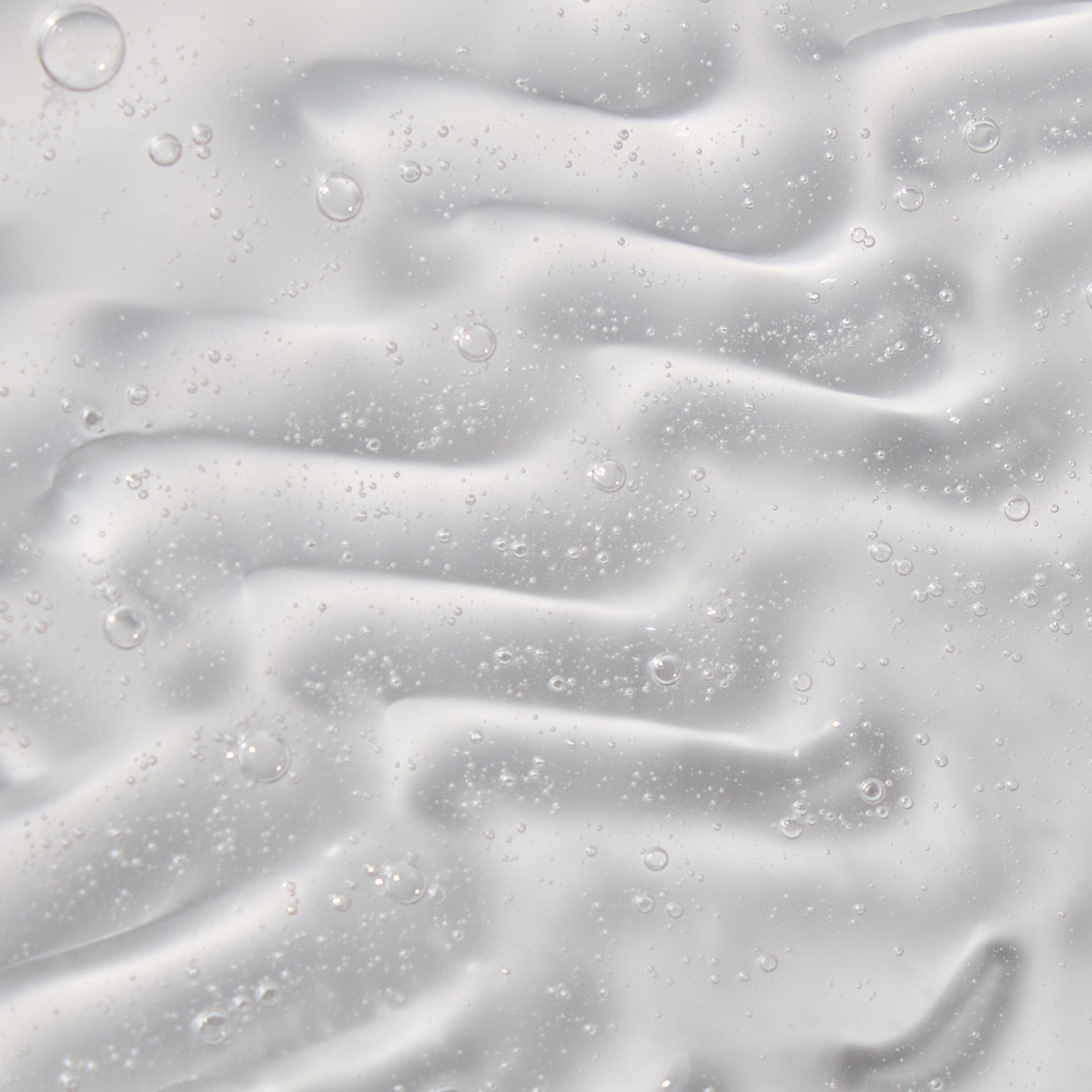
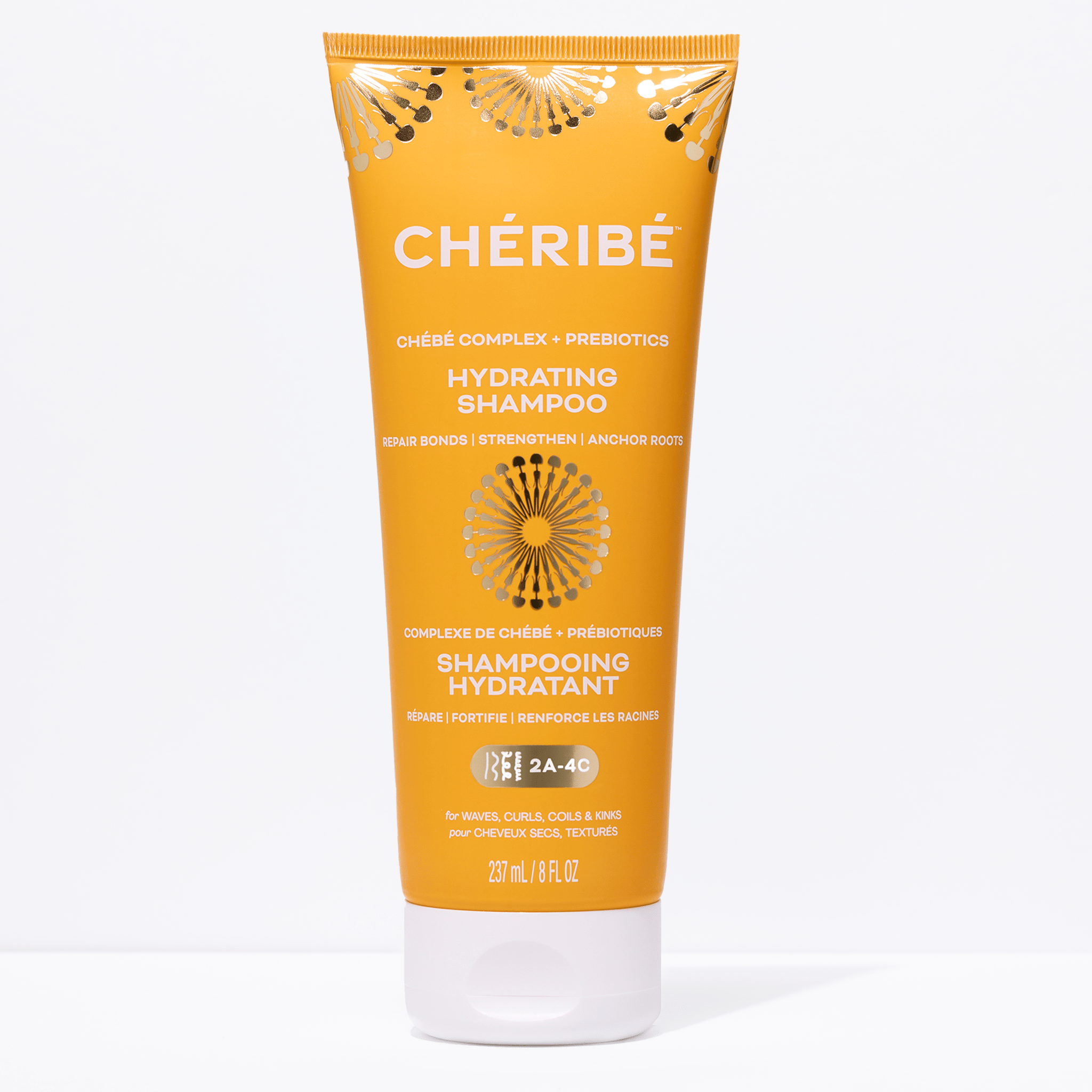
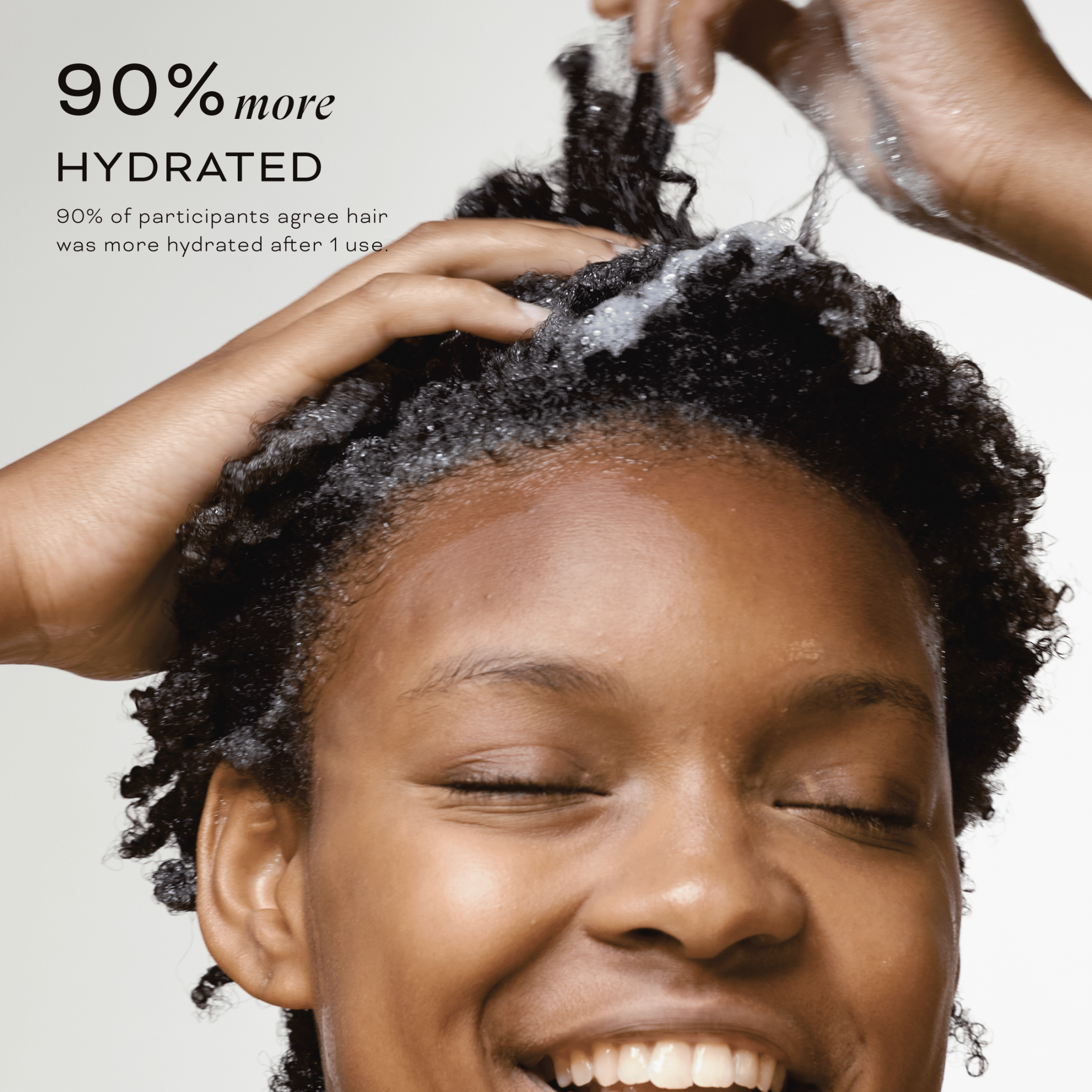



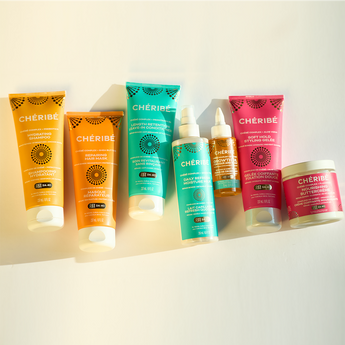
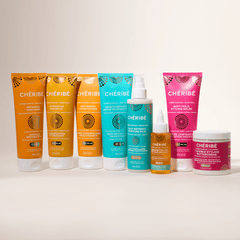
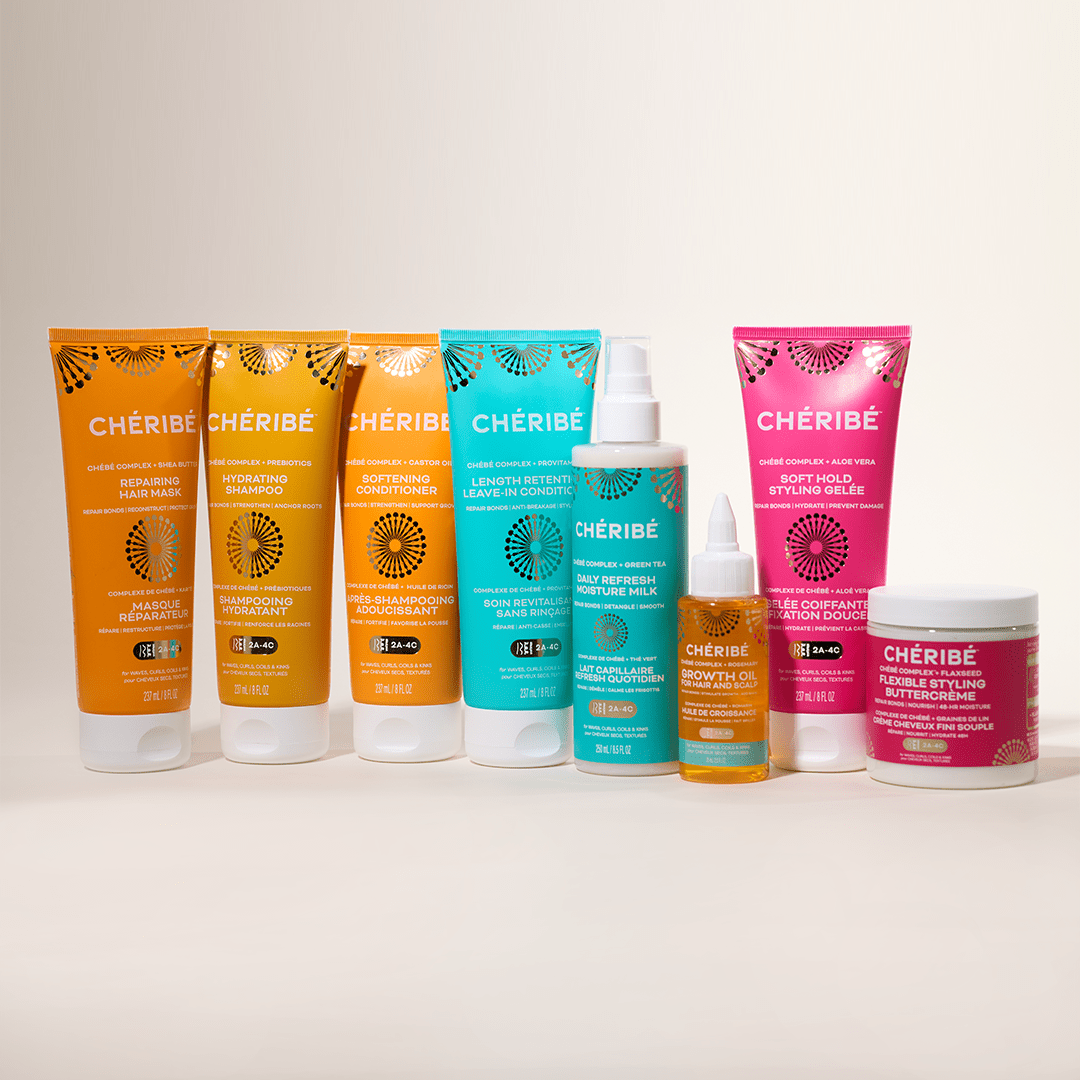
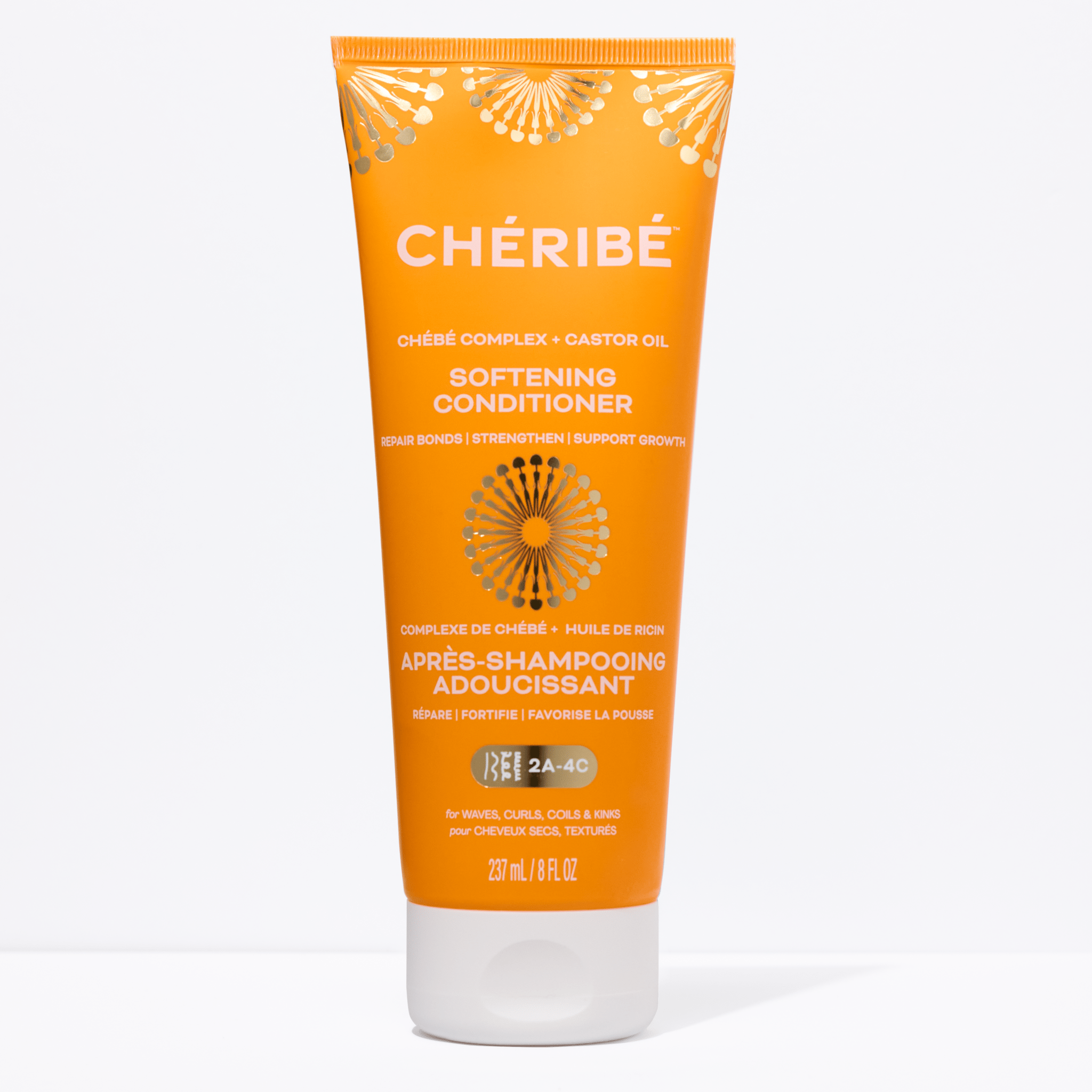
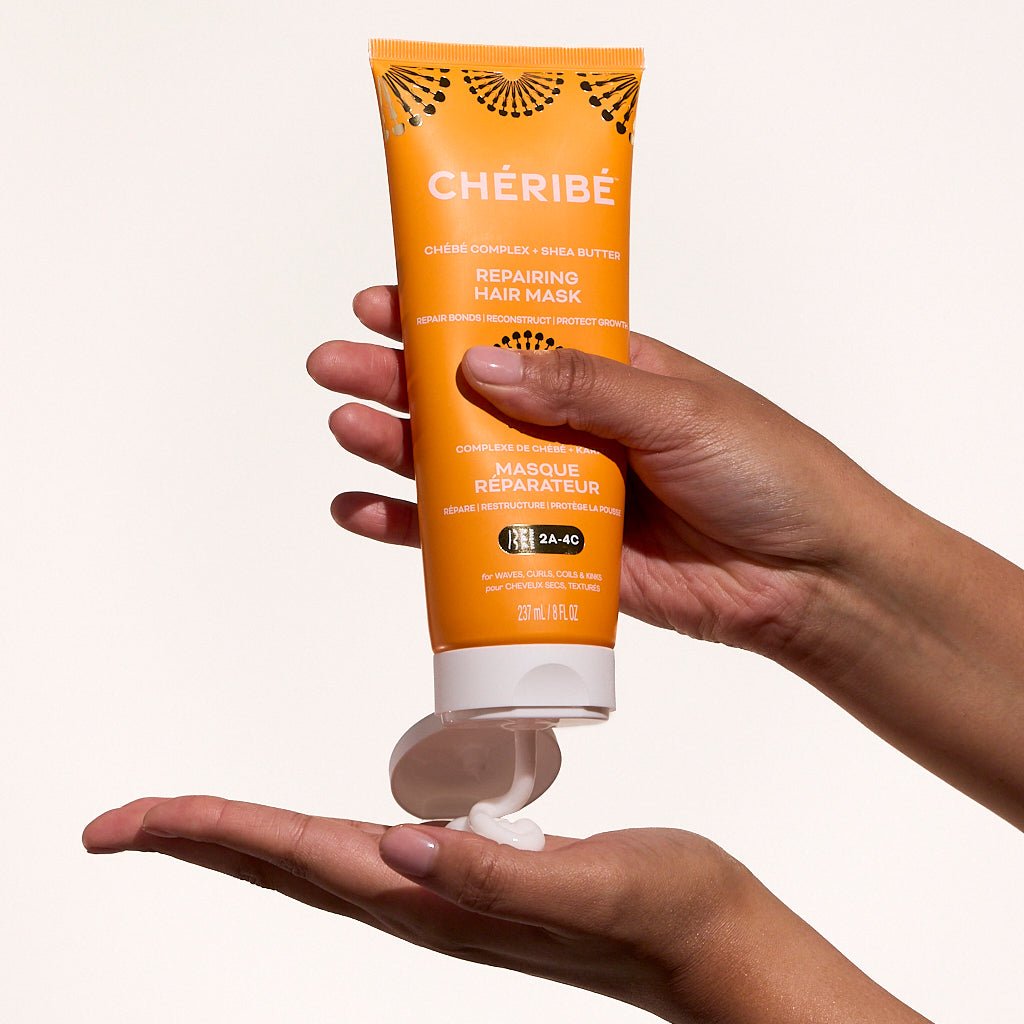
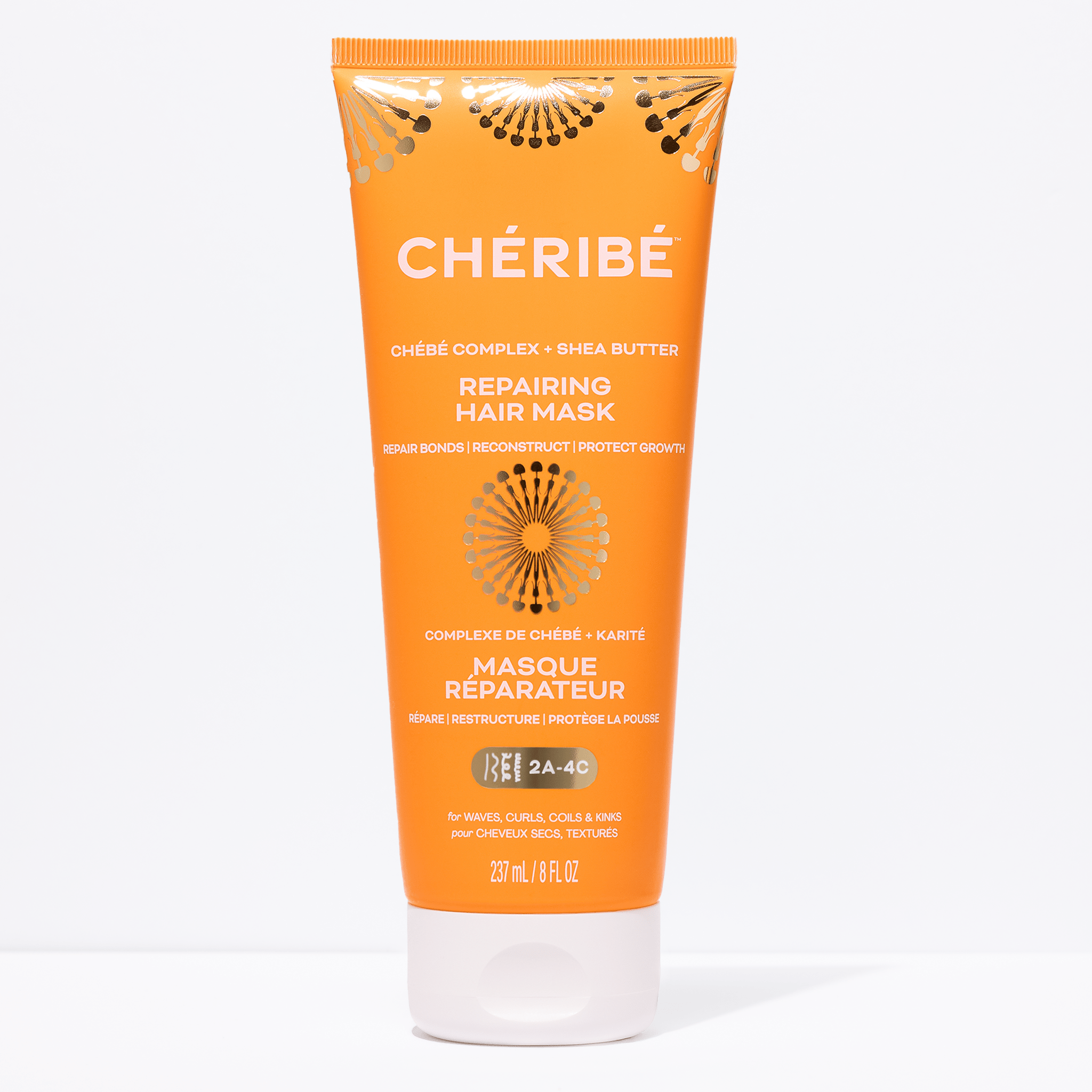
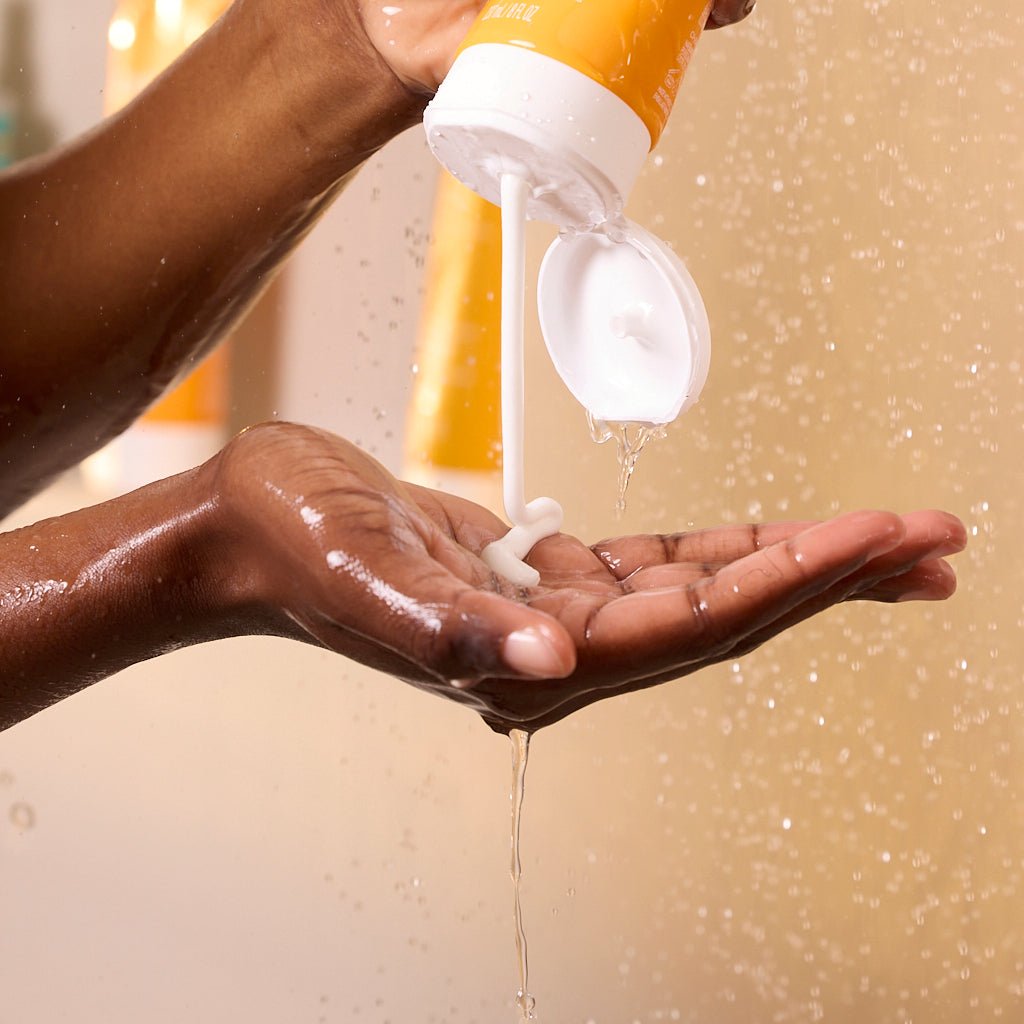
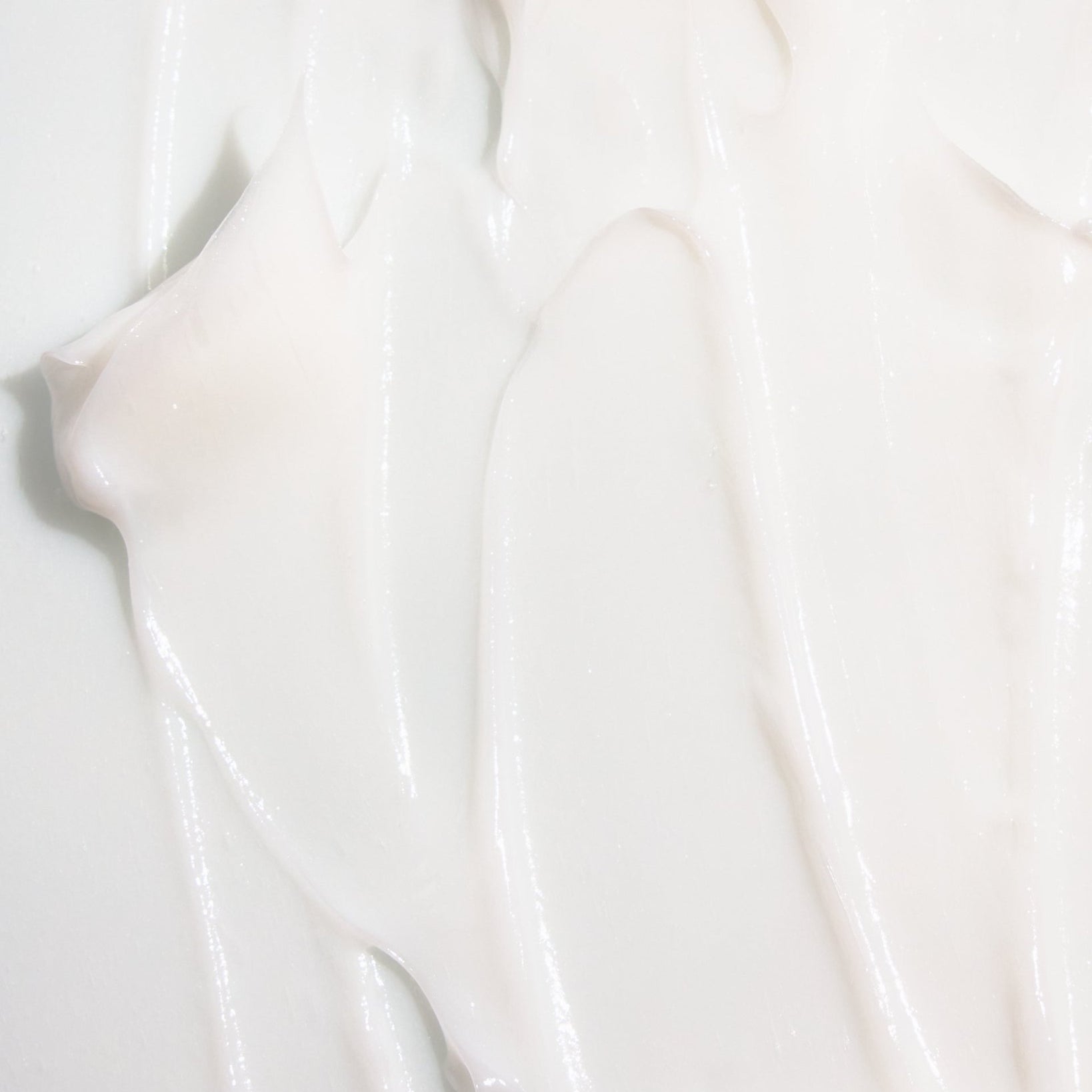
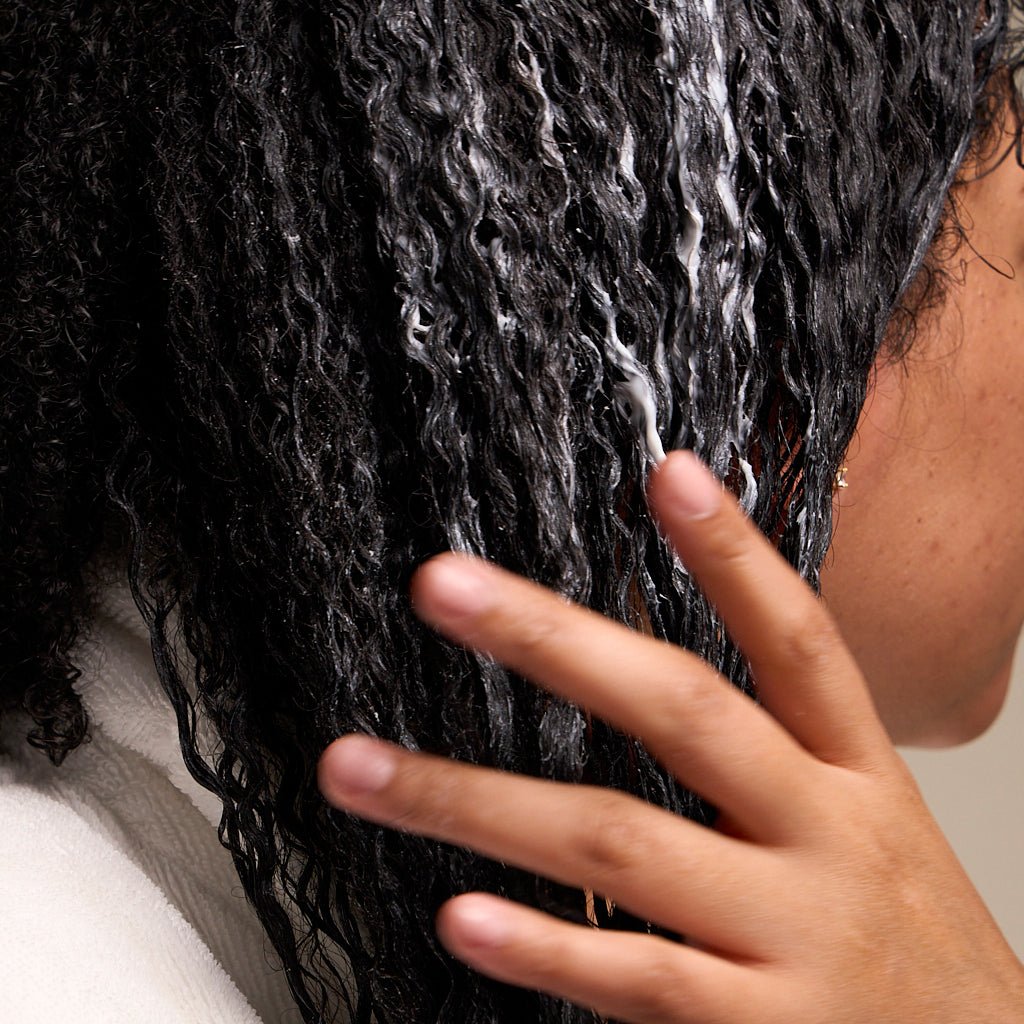
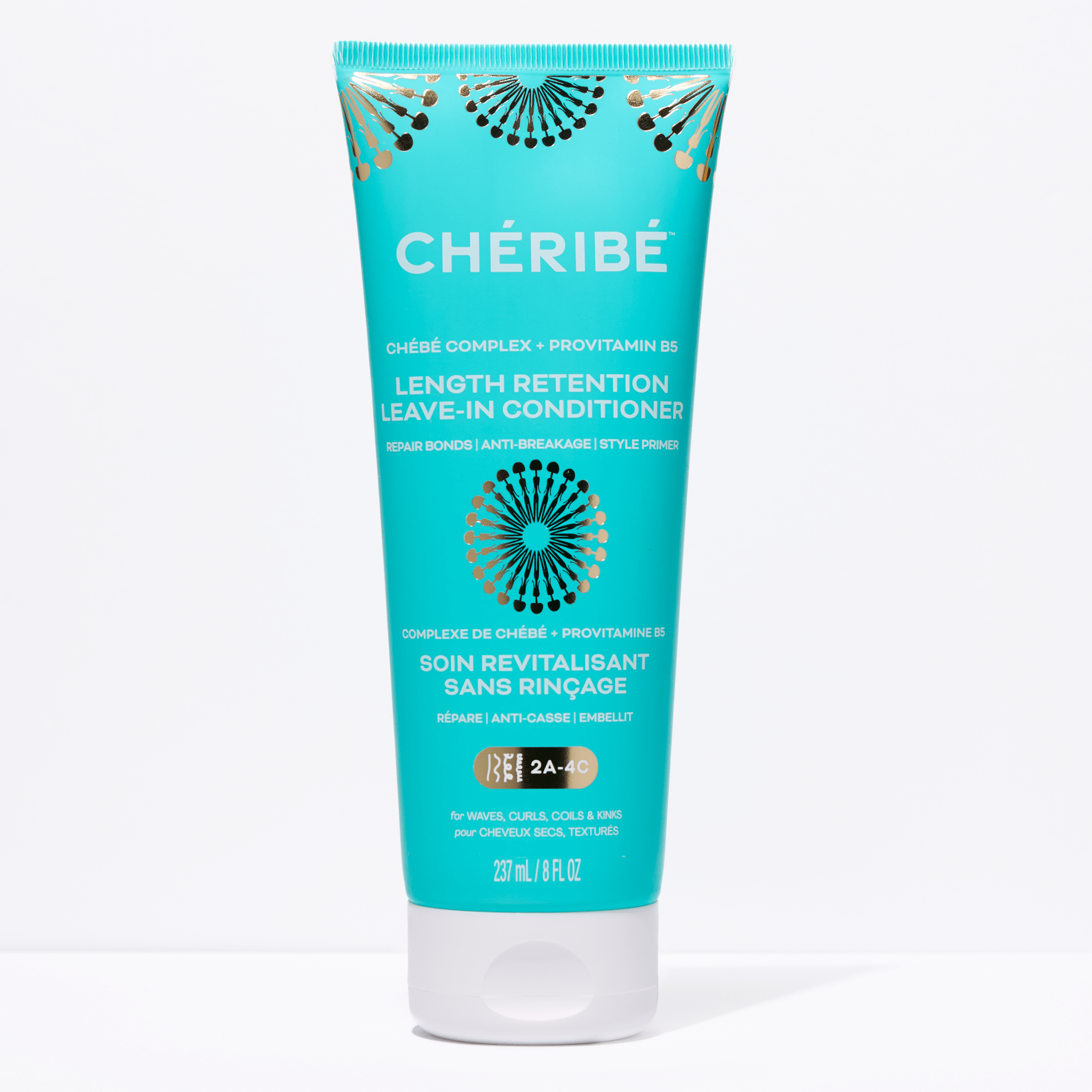
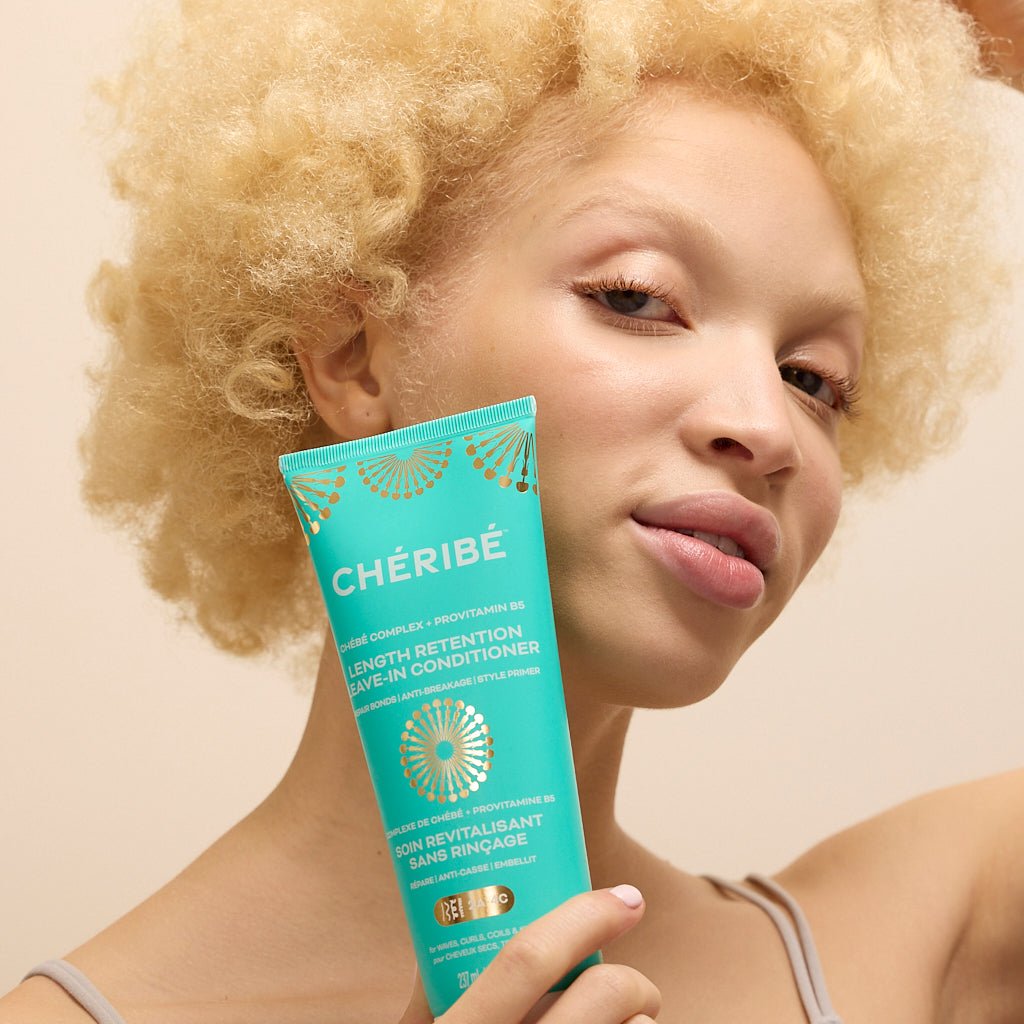
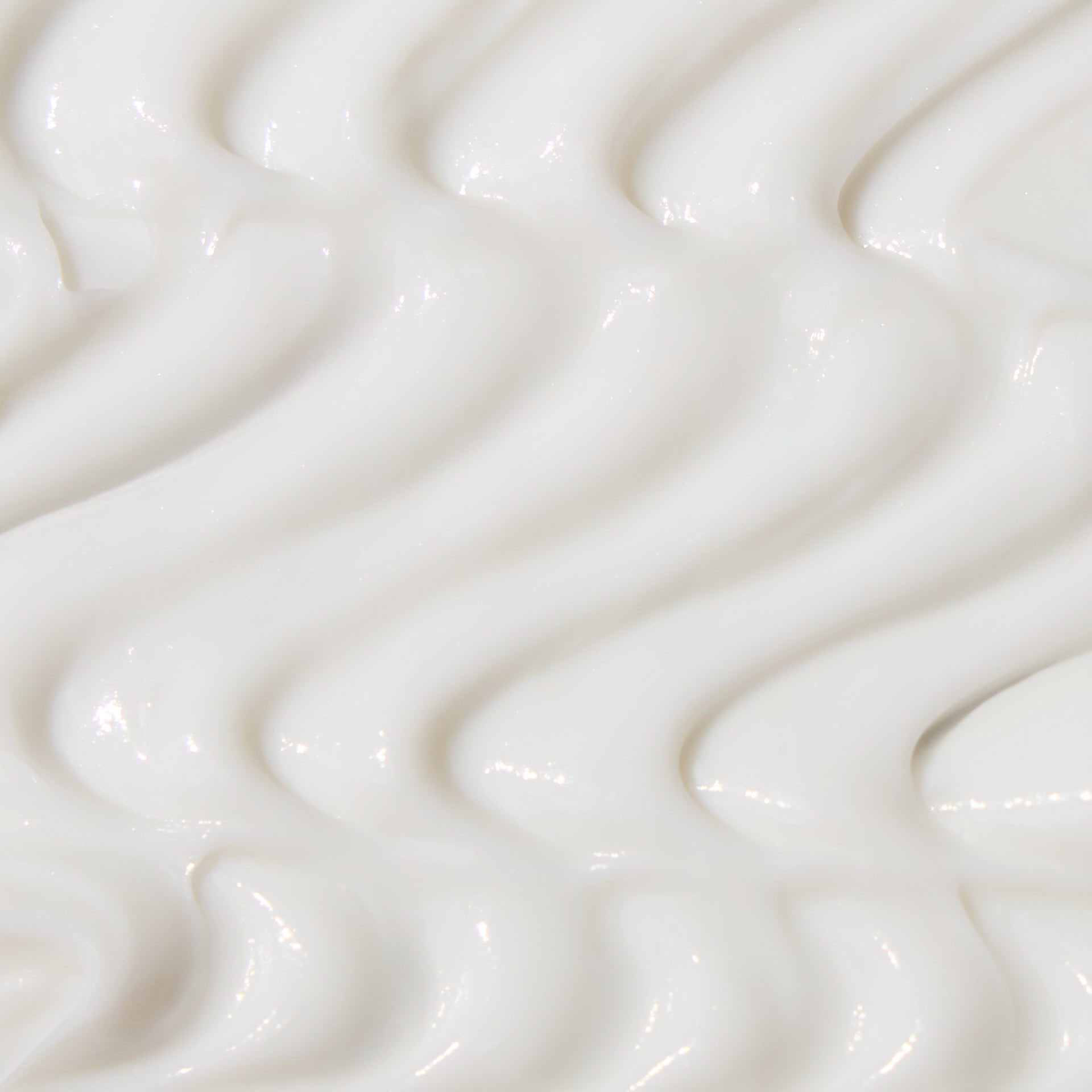
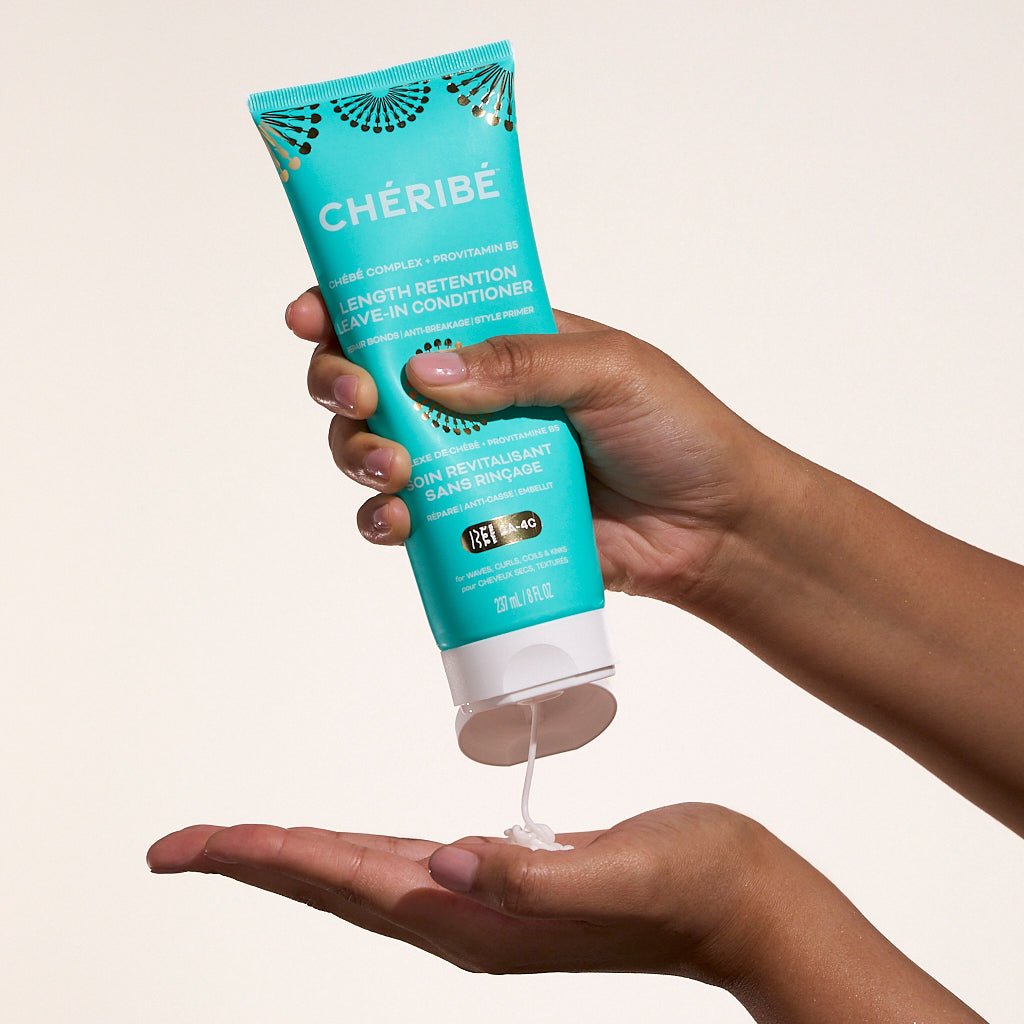
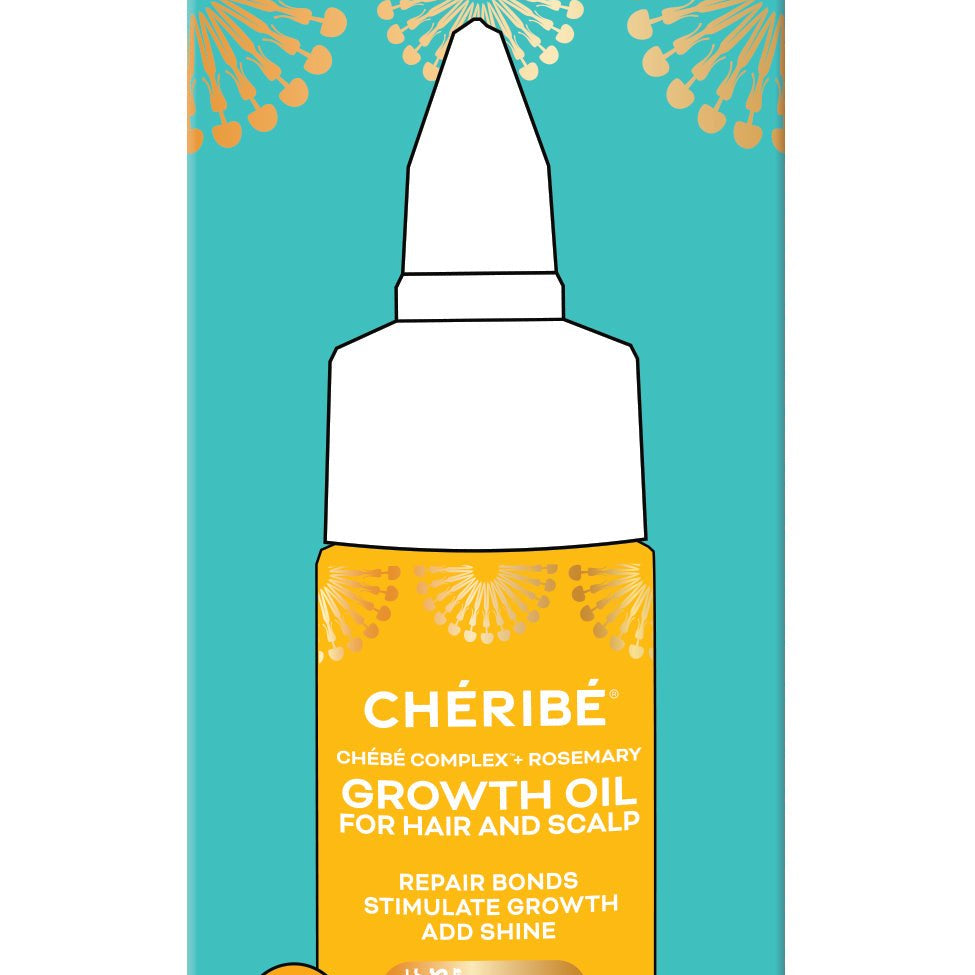
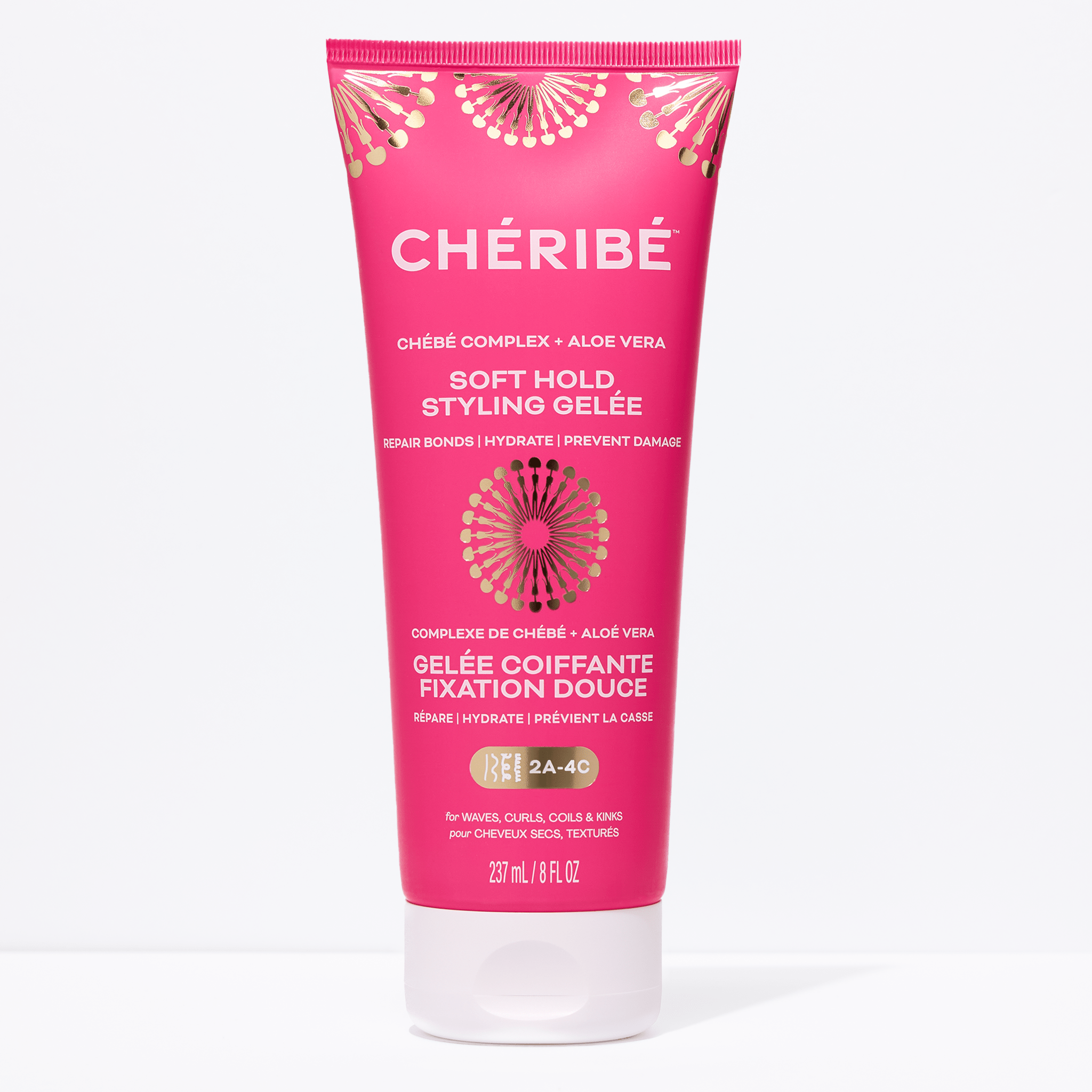
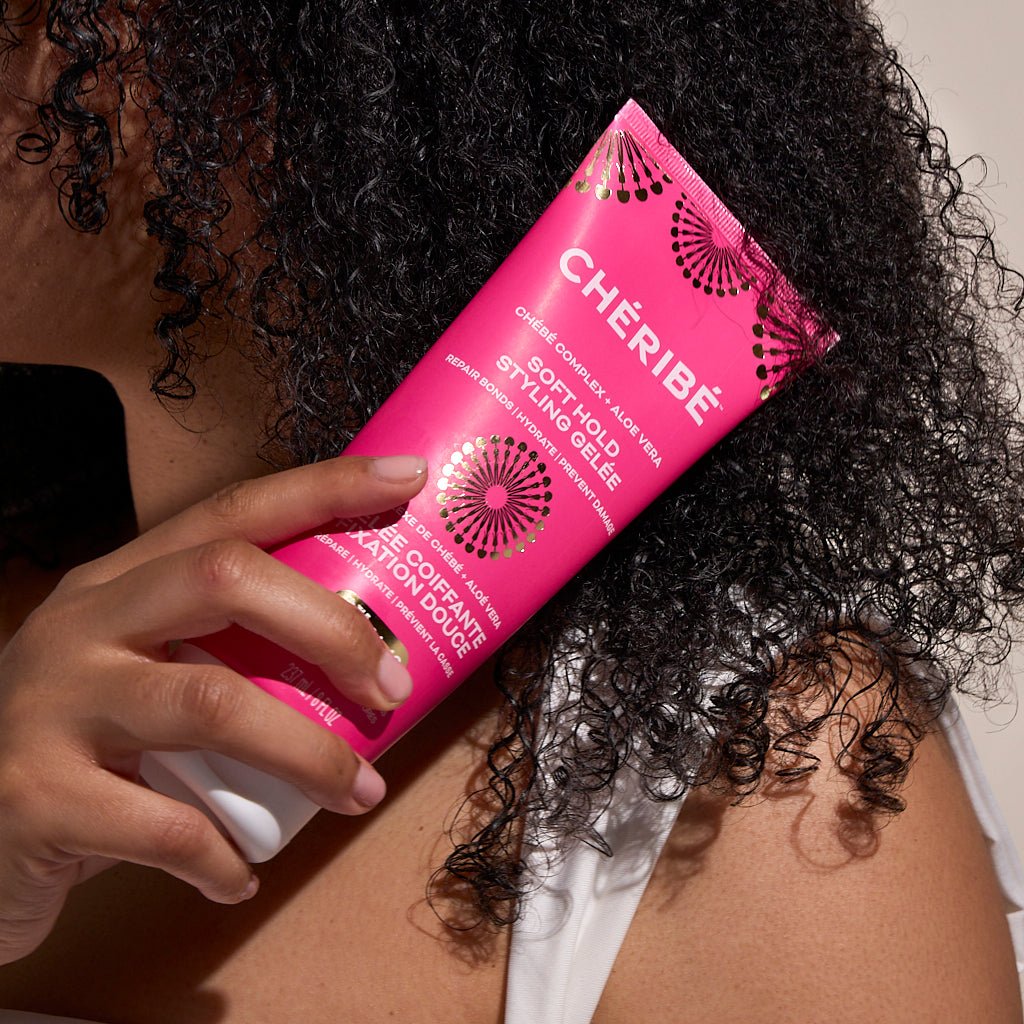
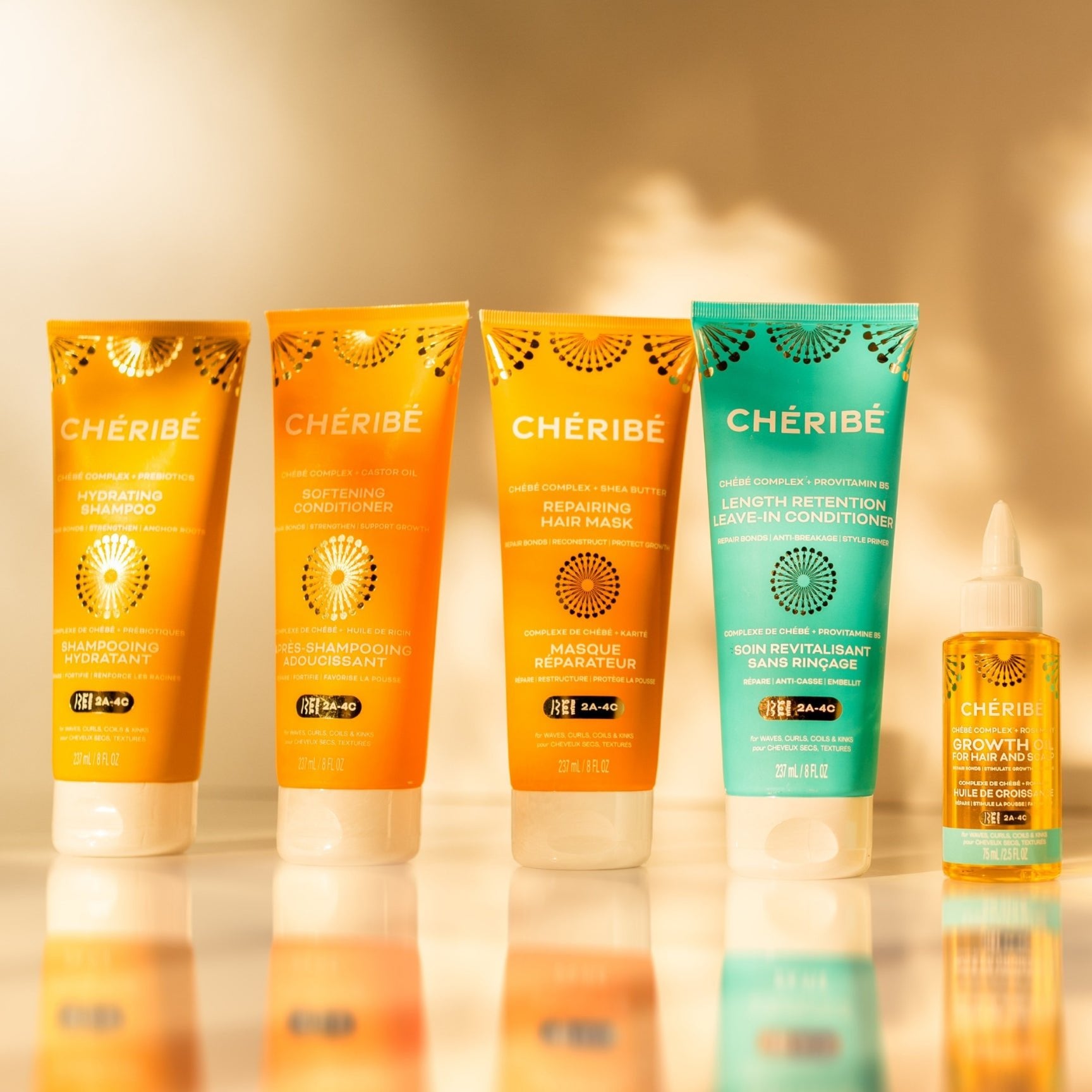
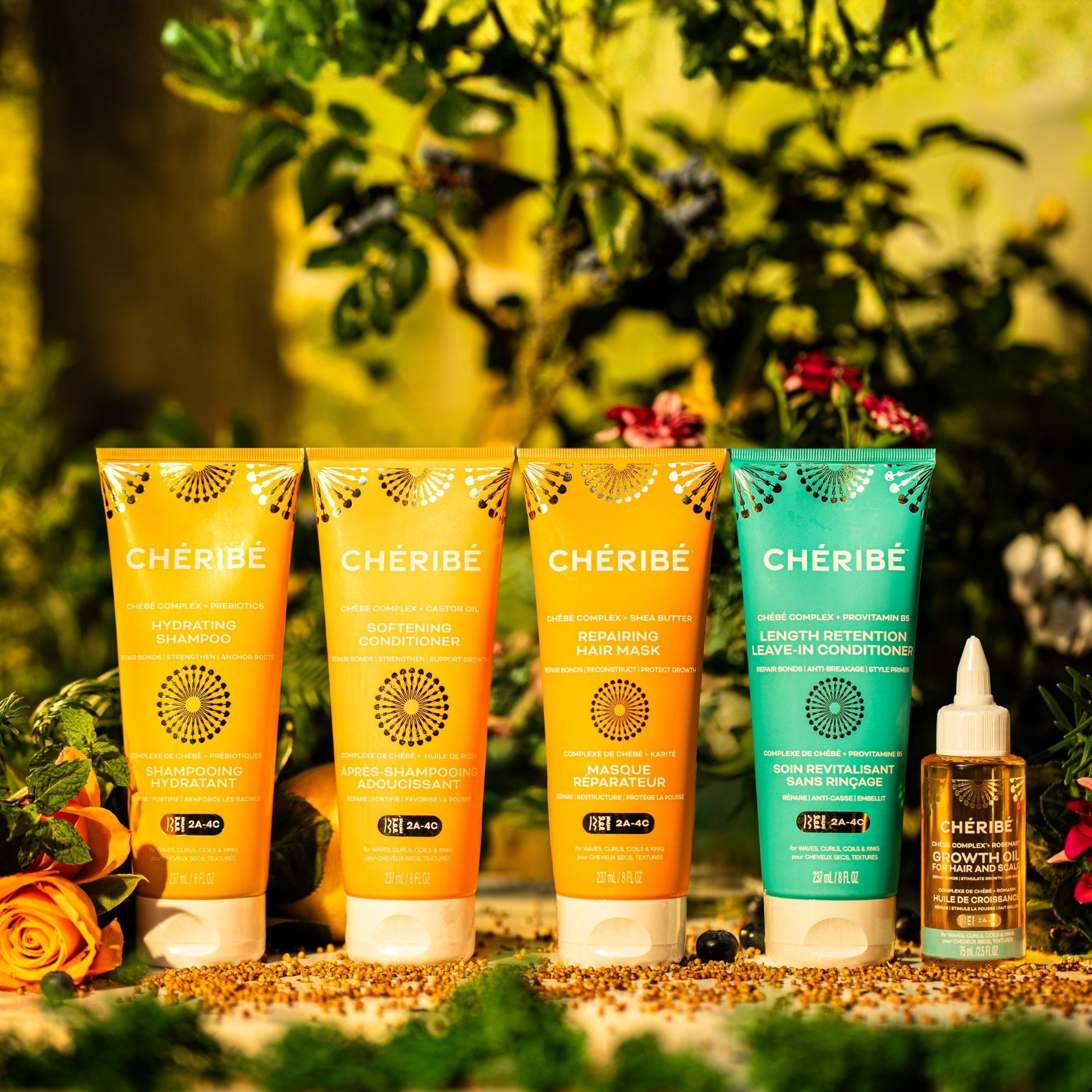
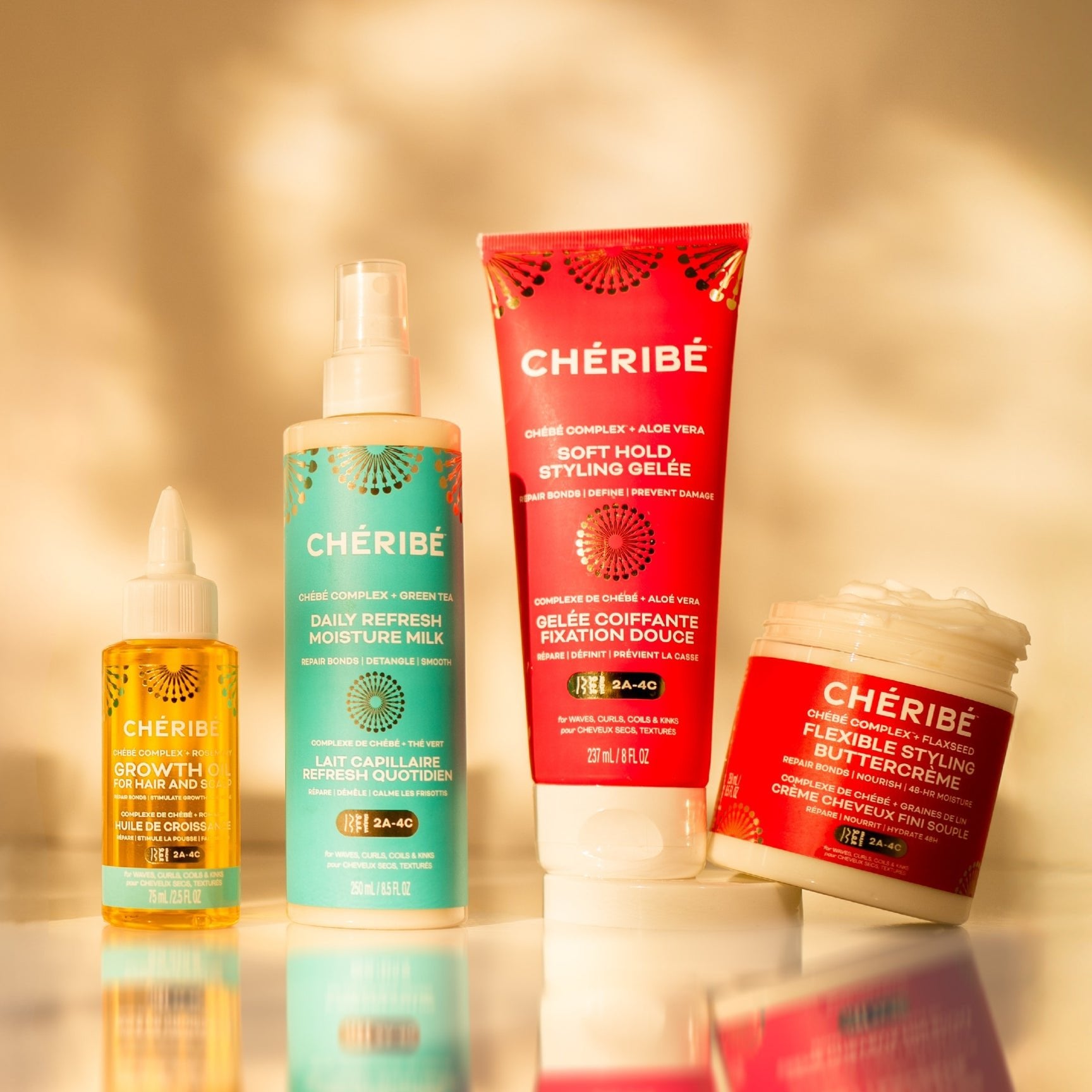
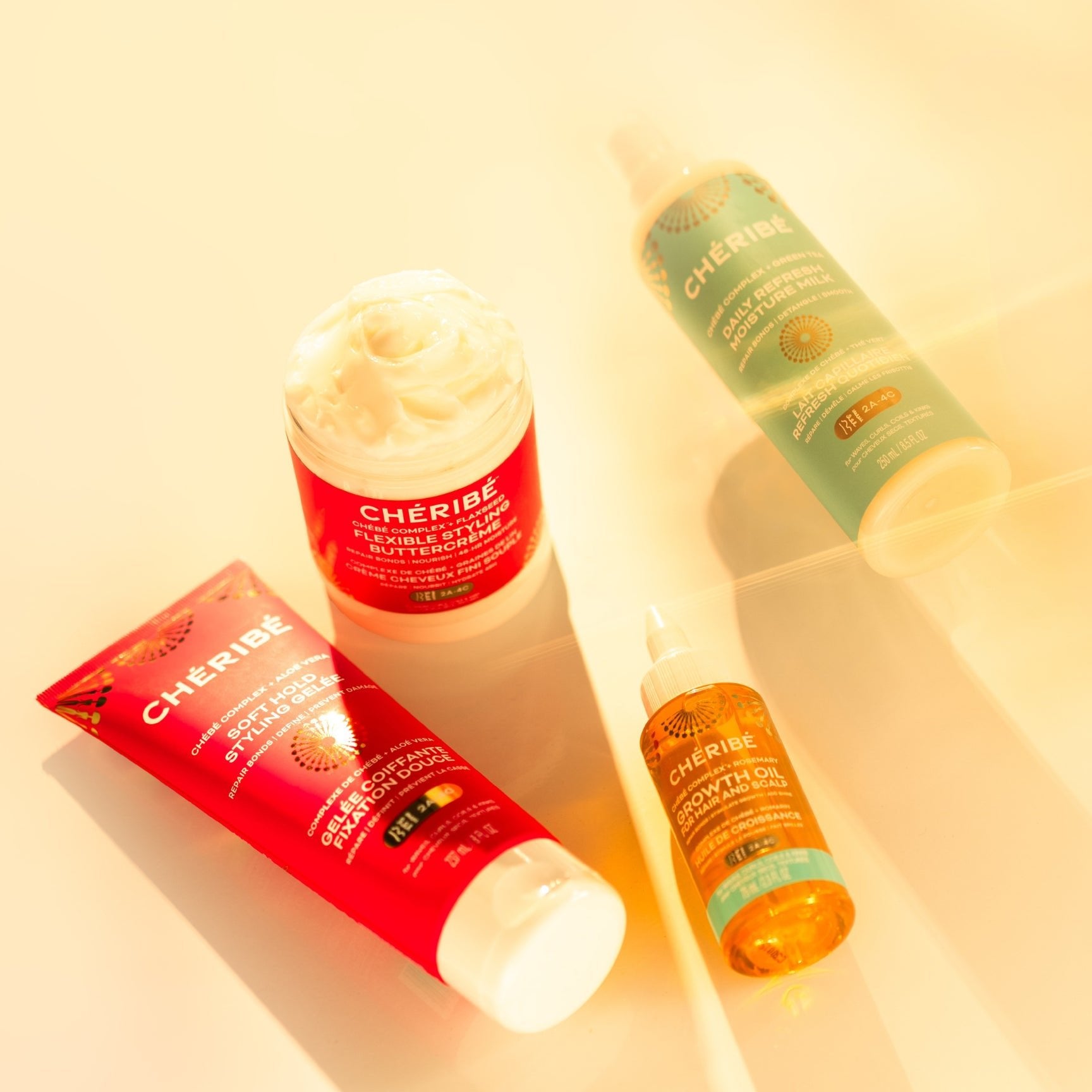
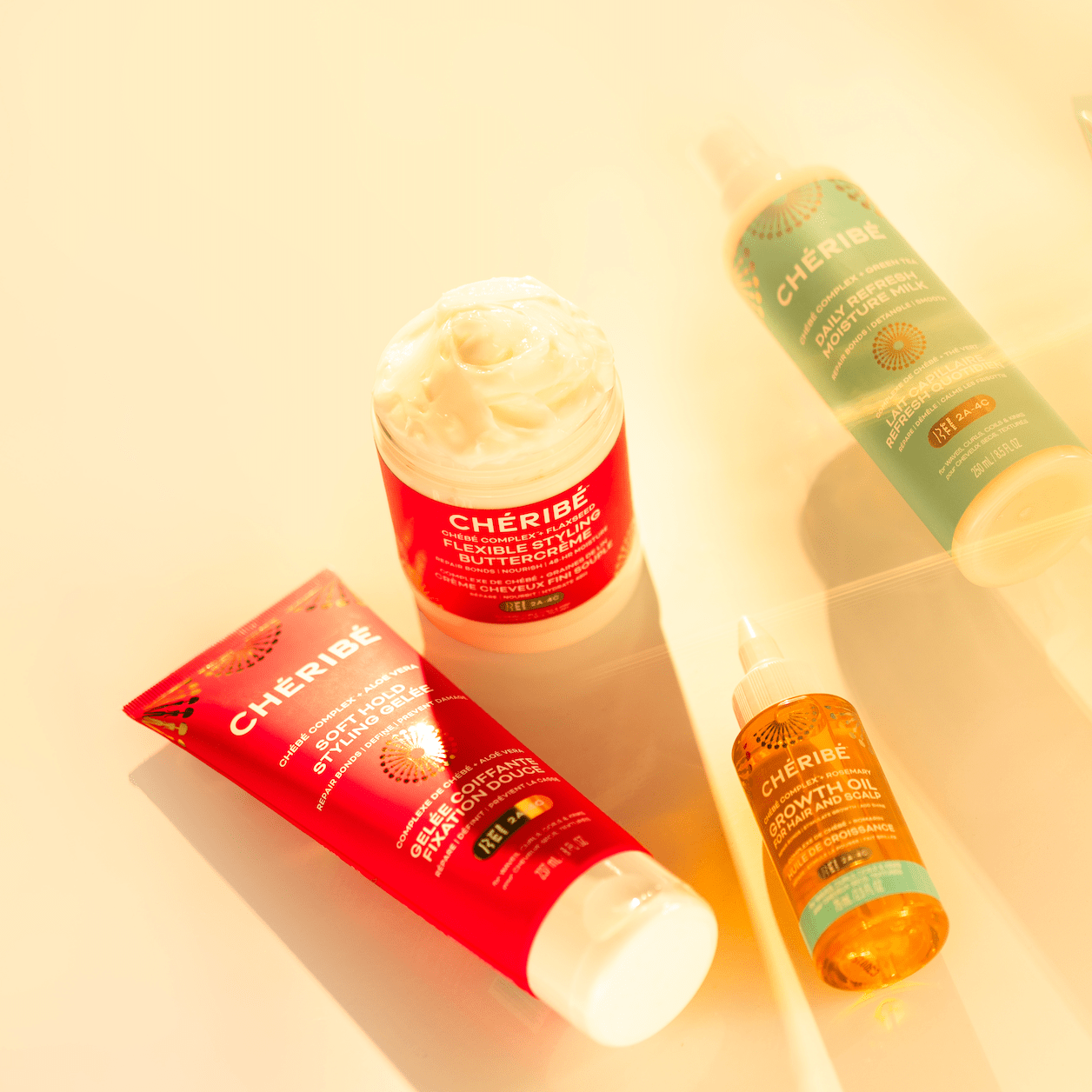
Leave a comment